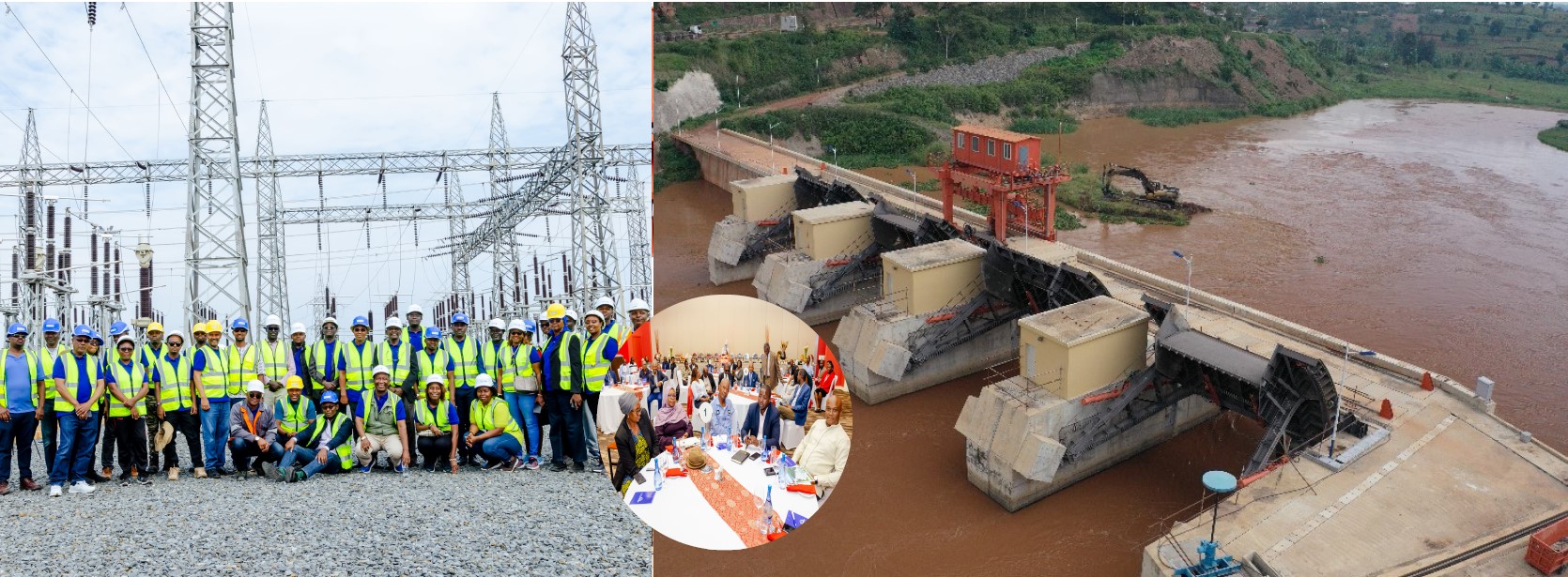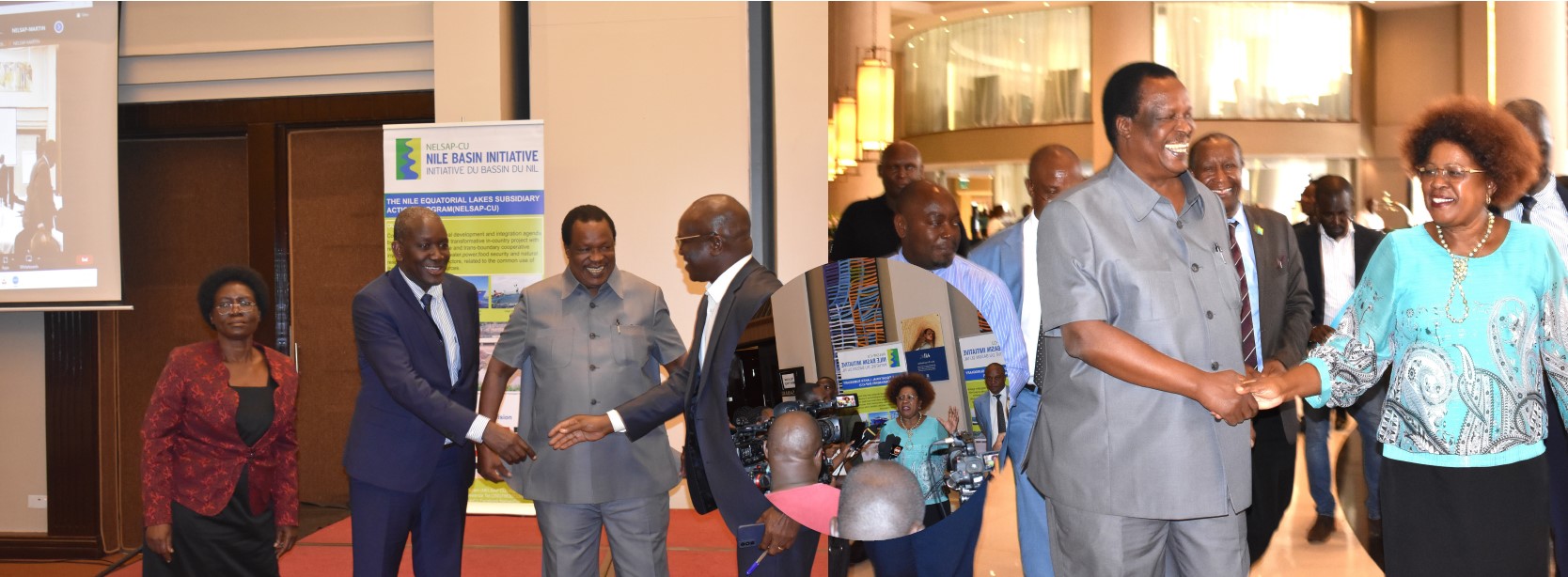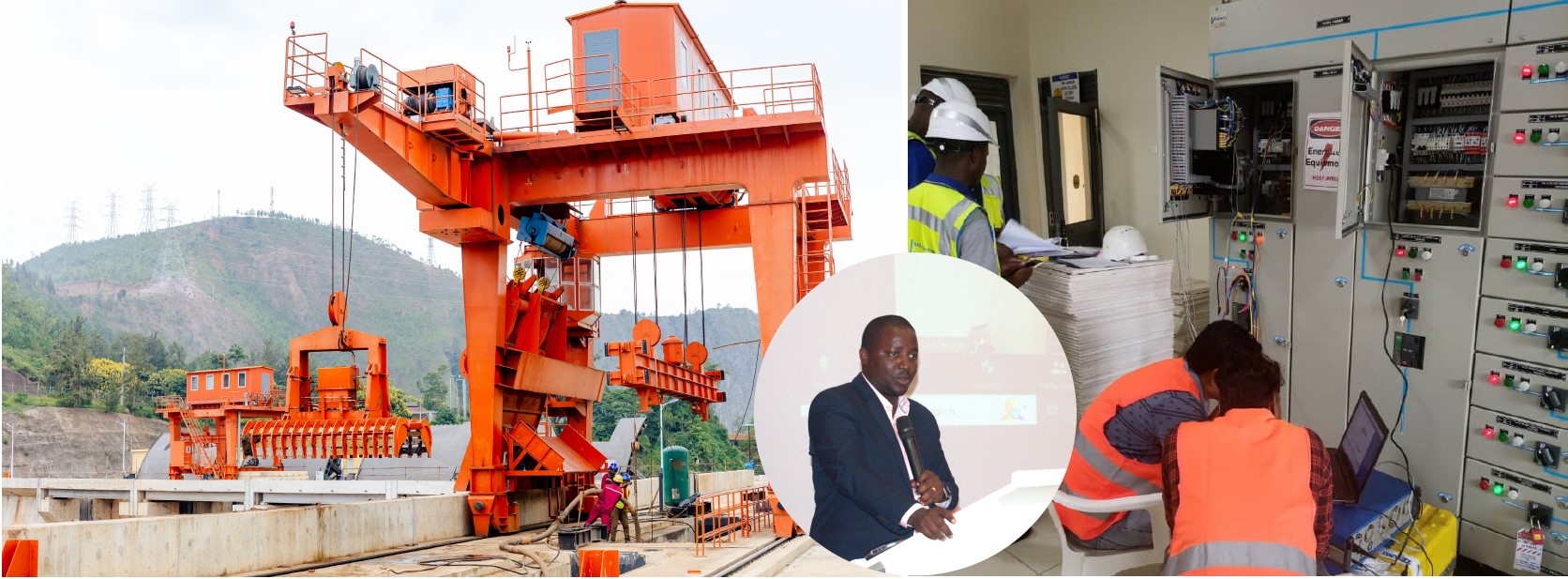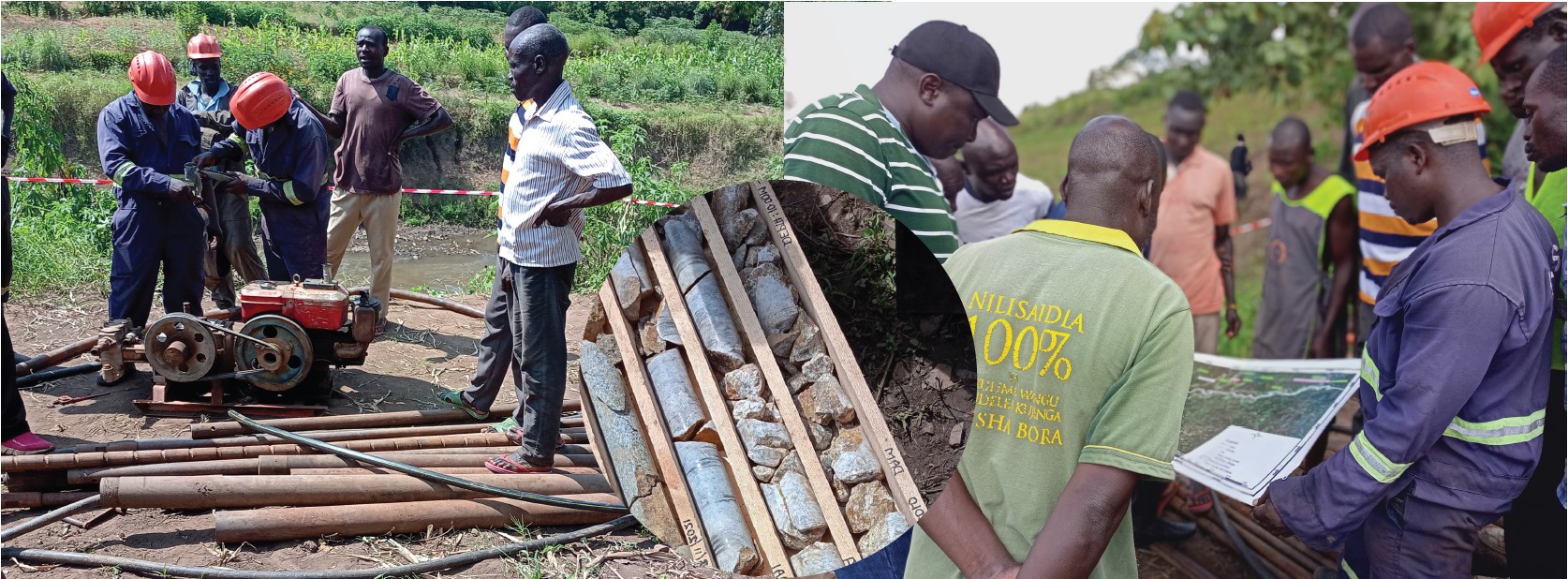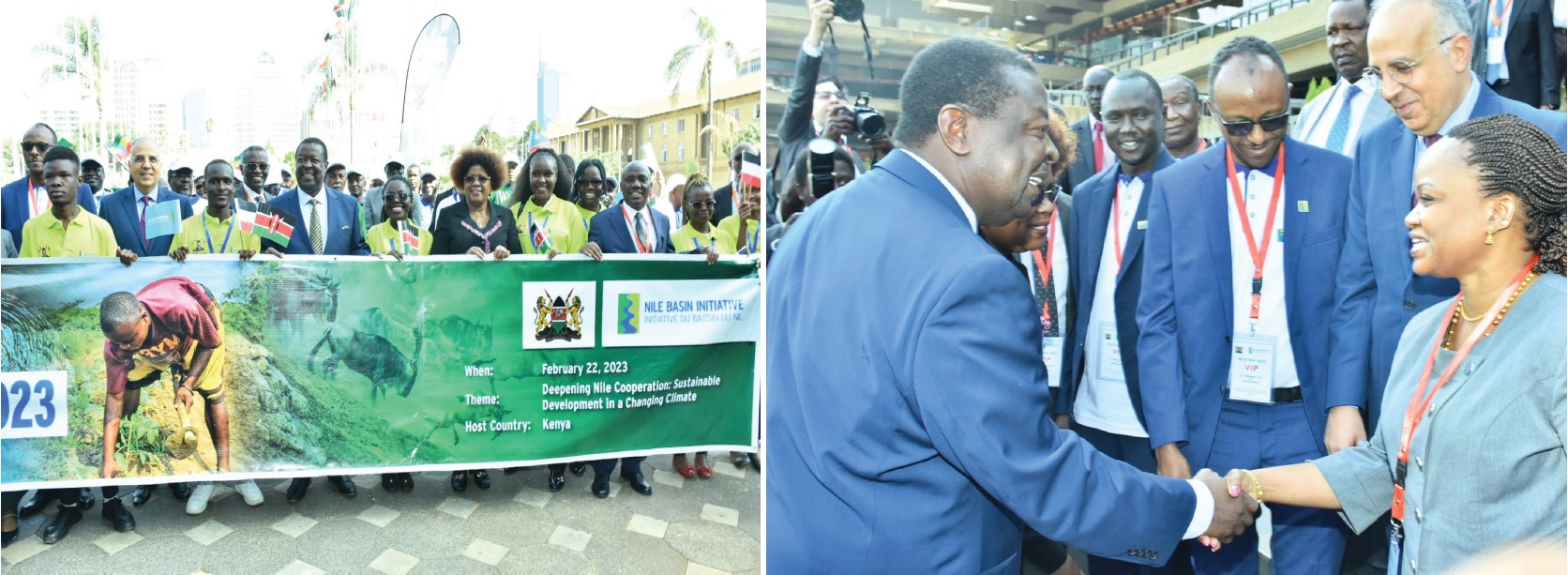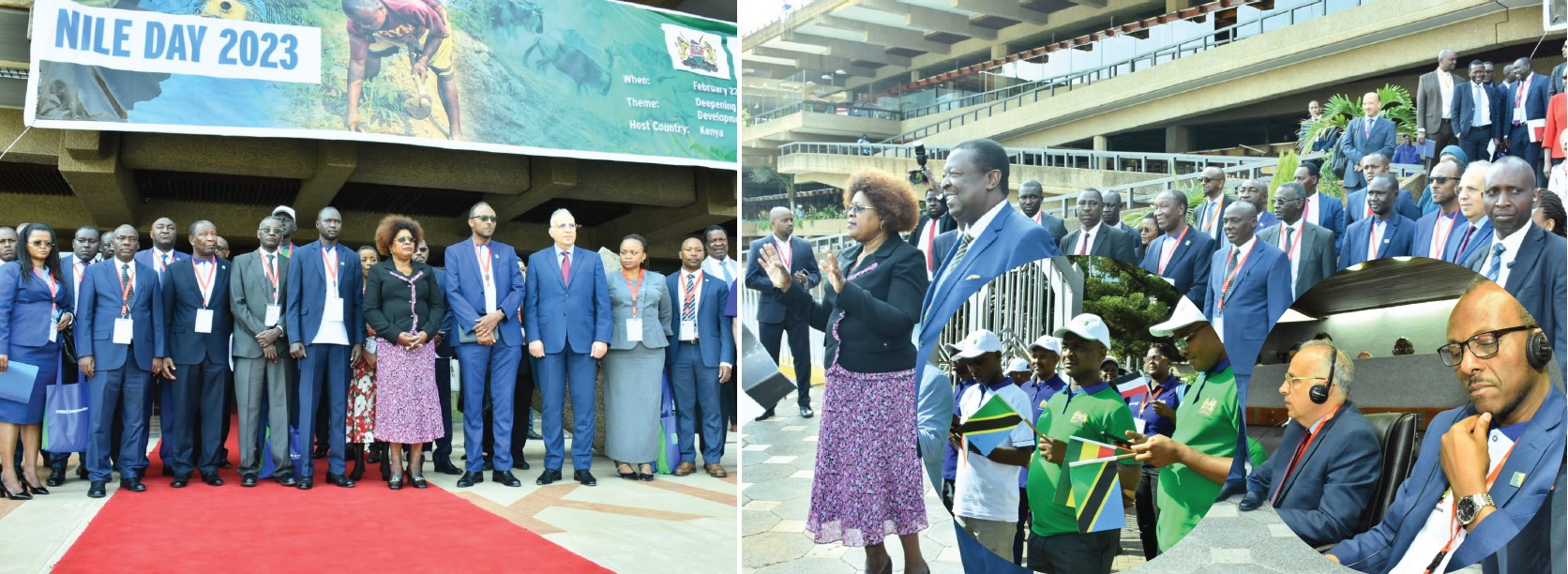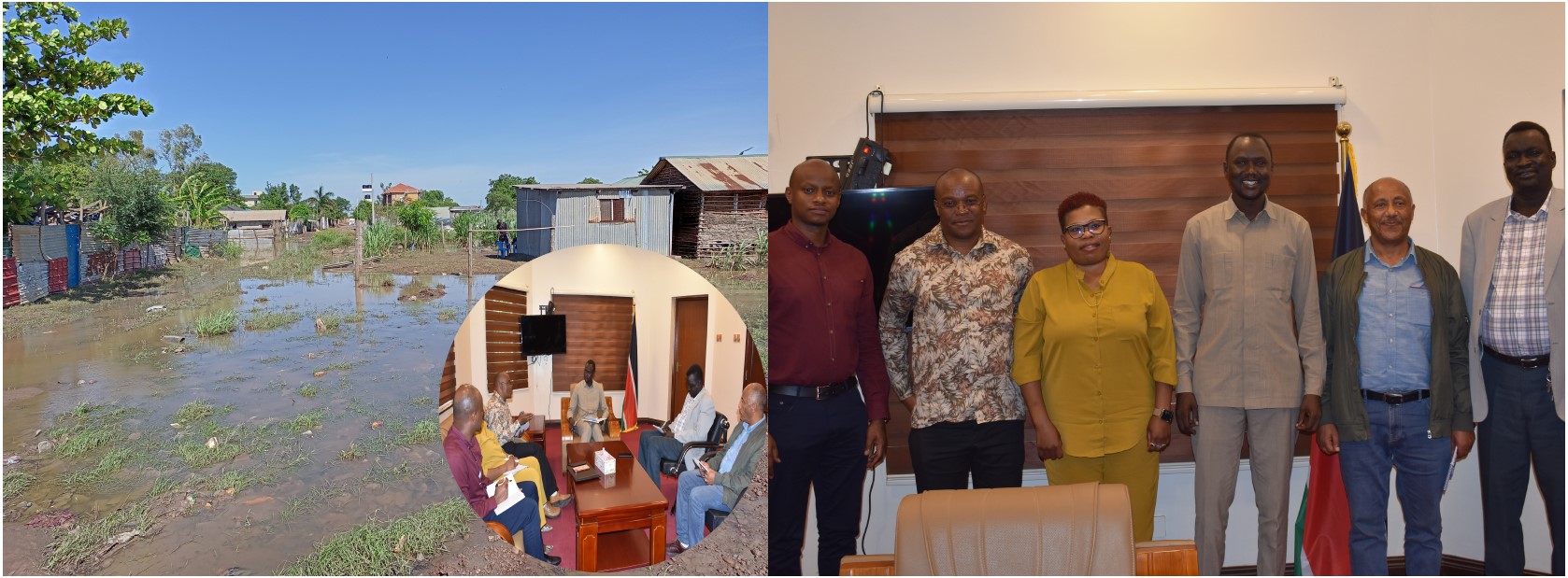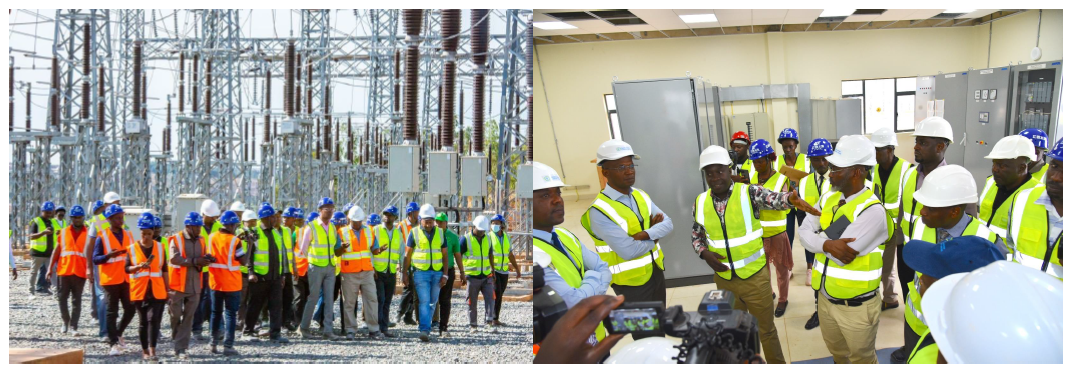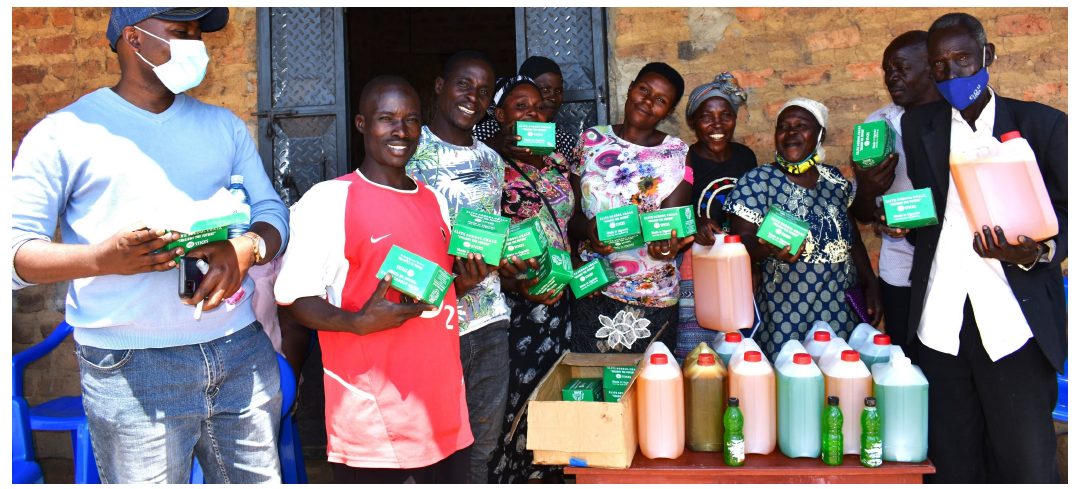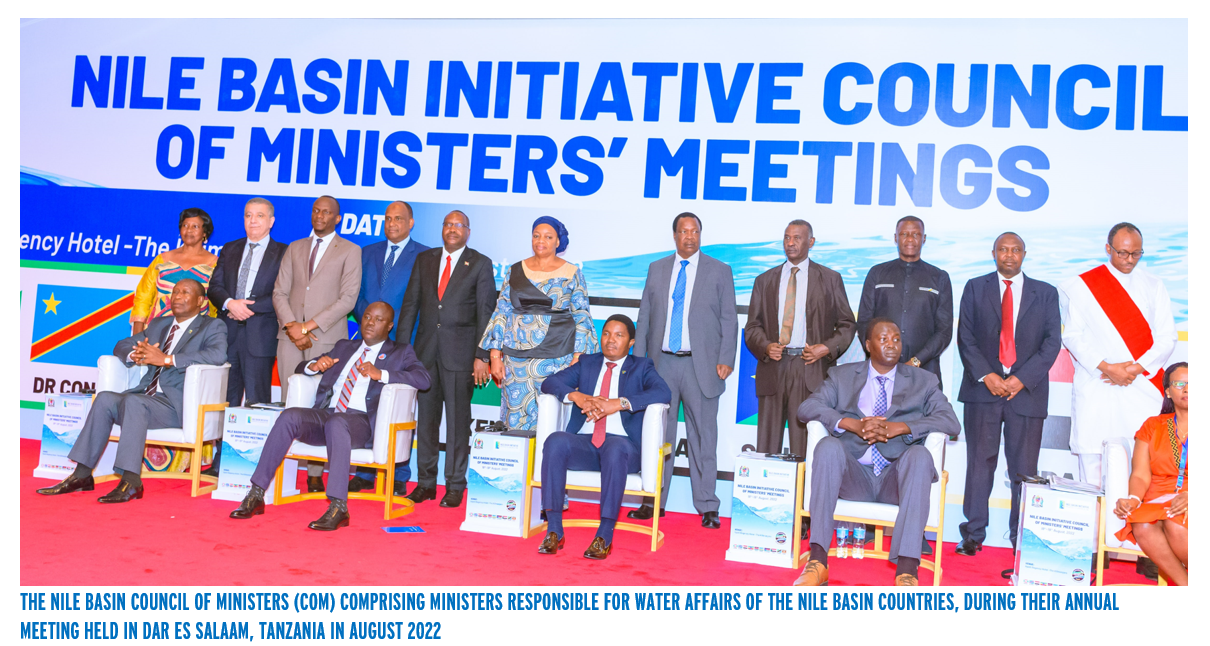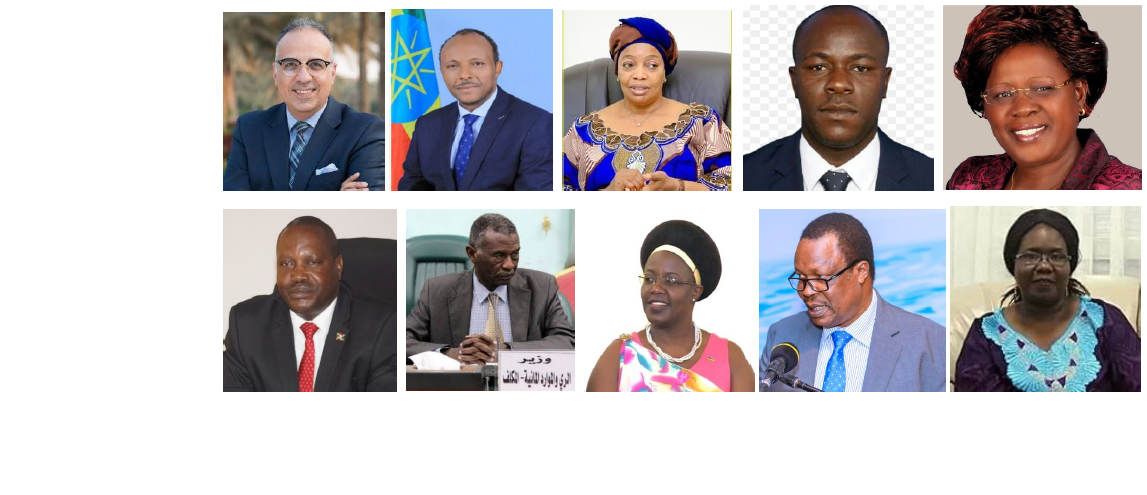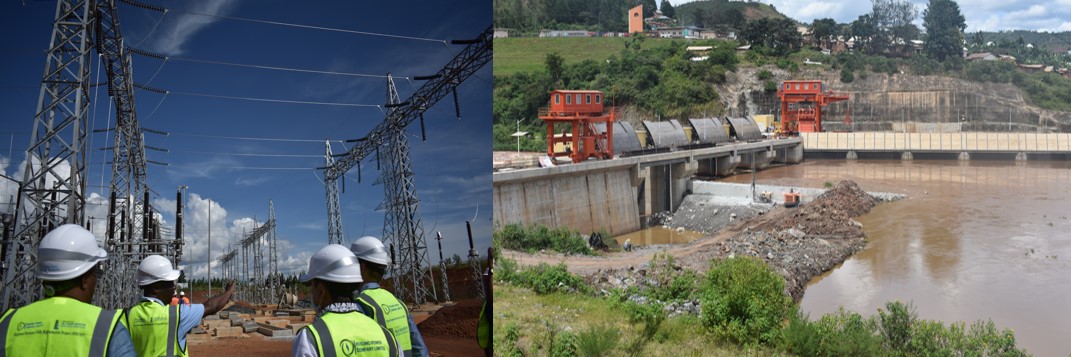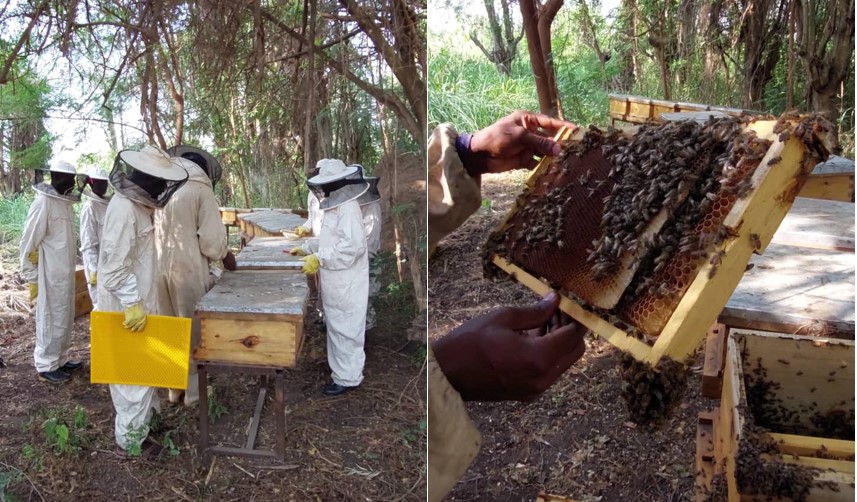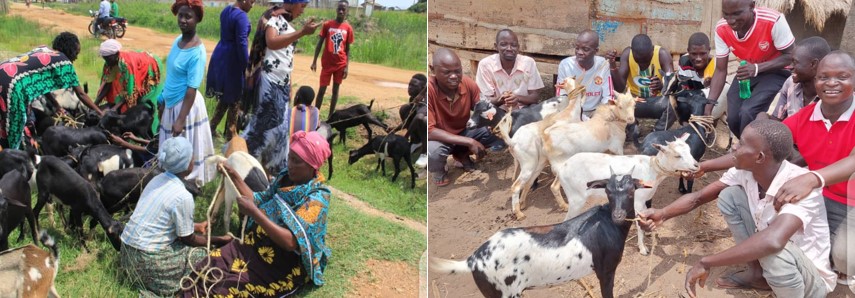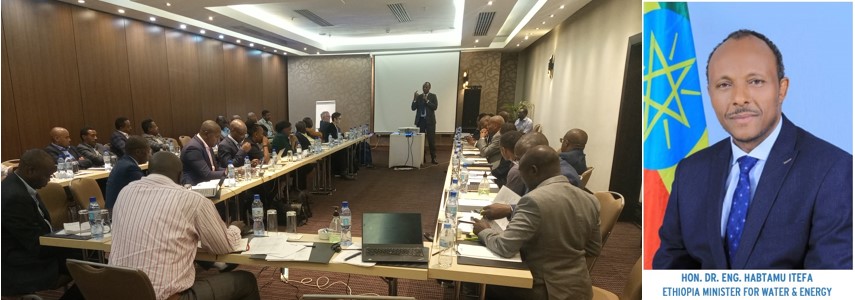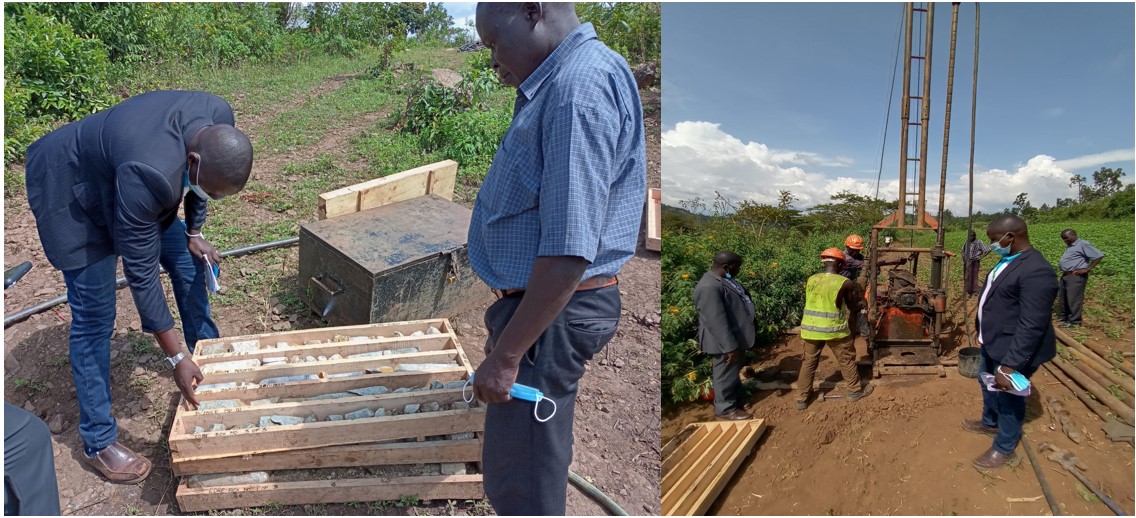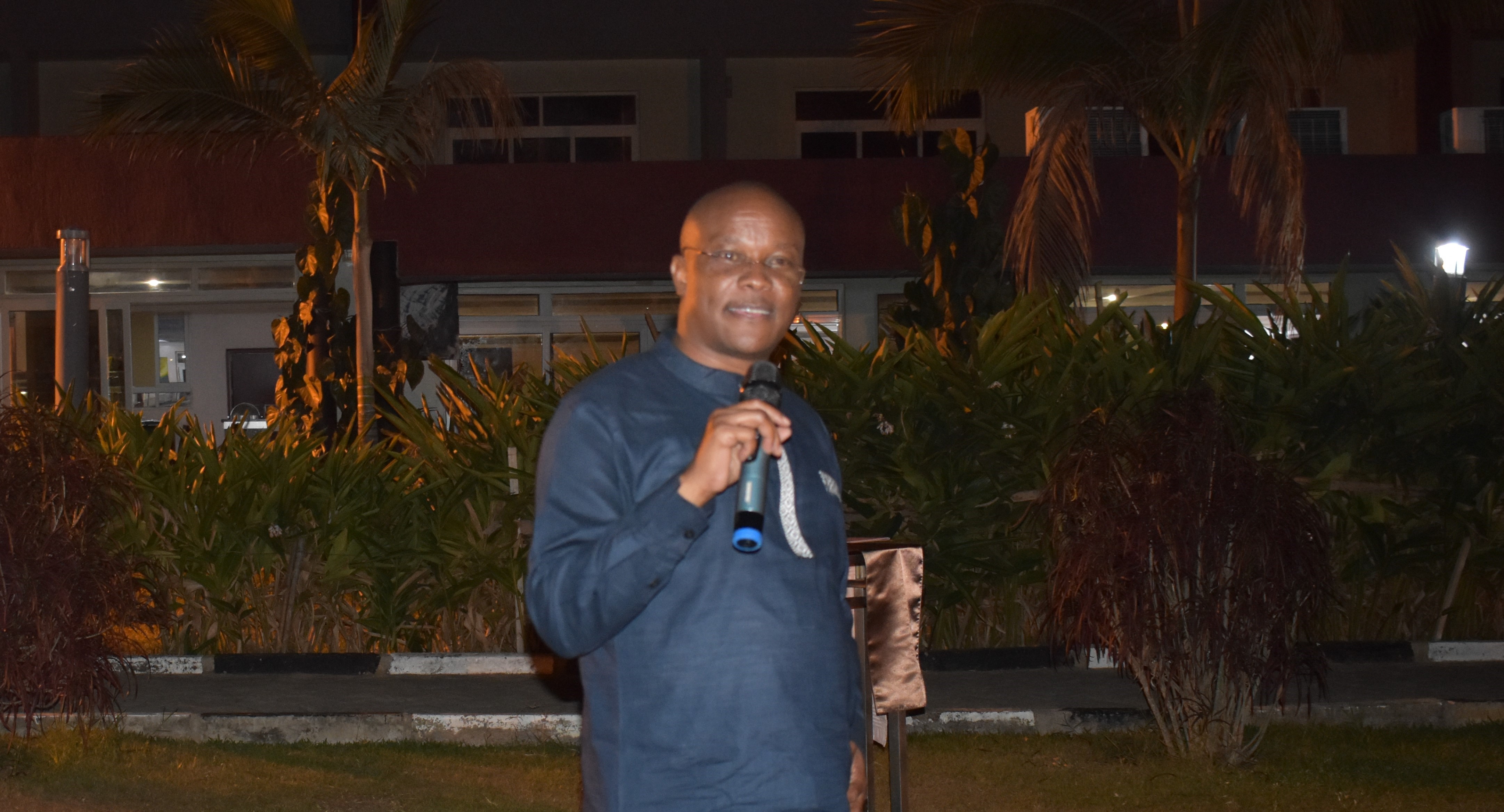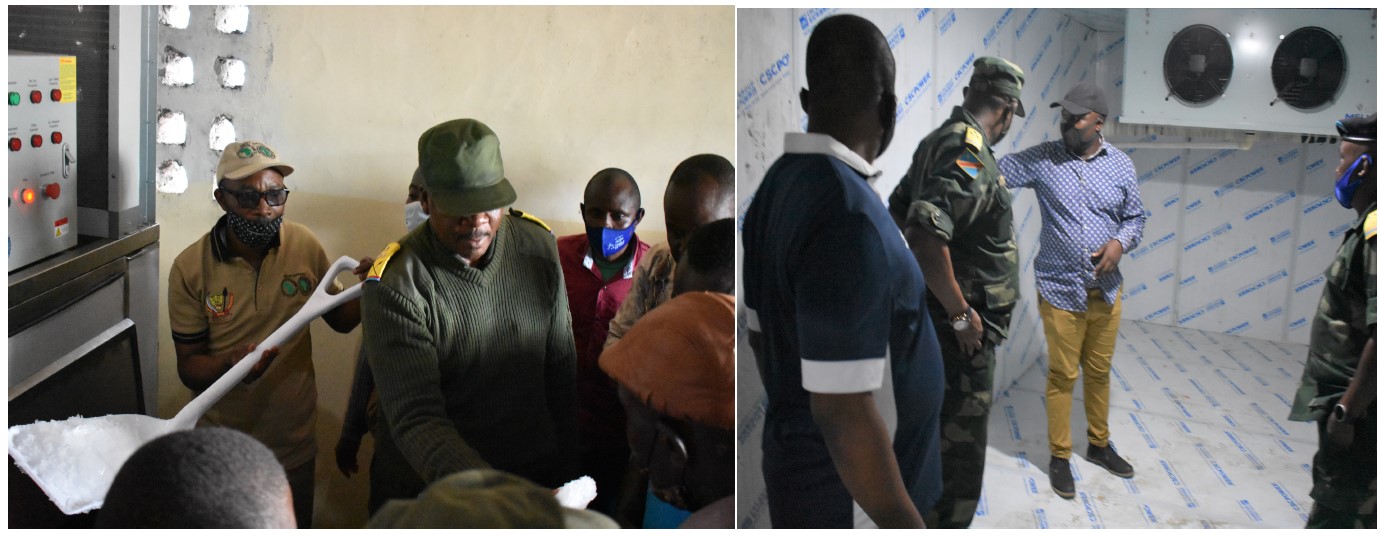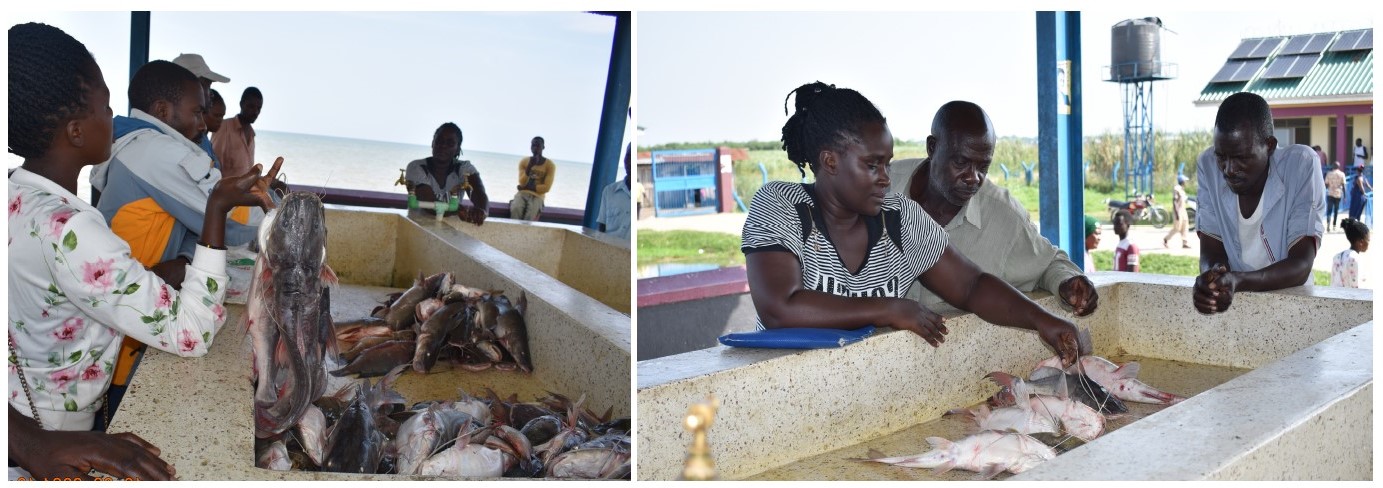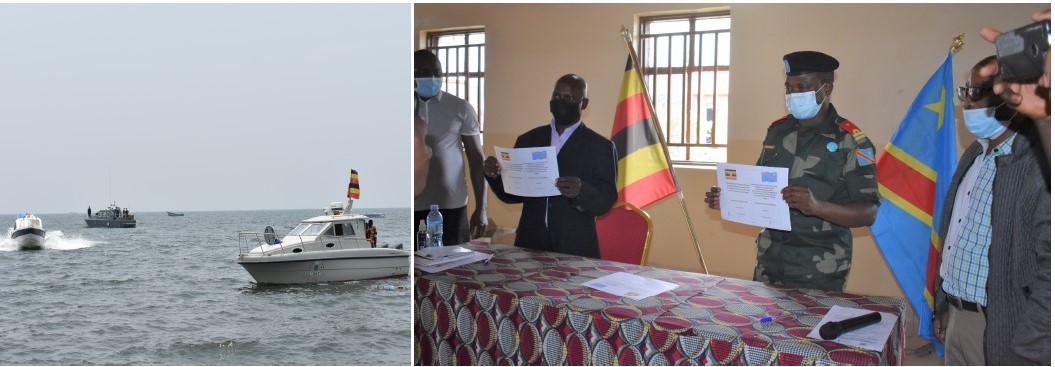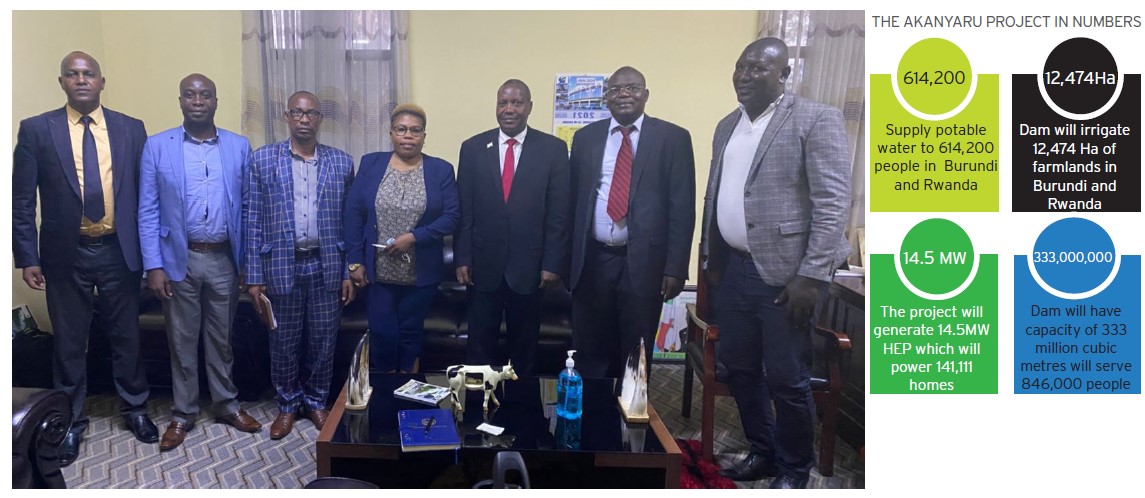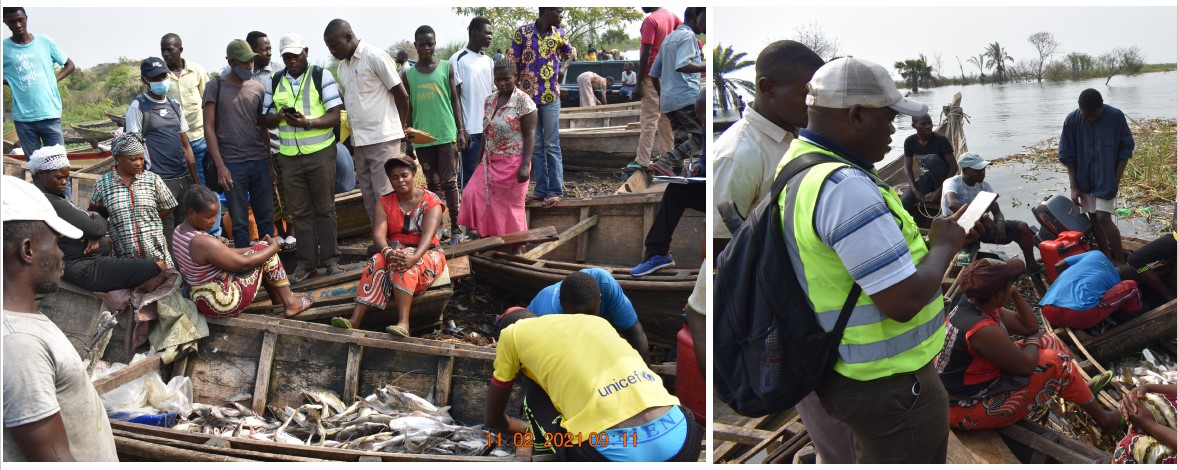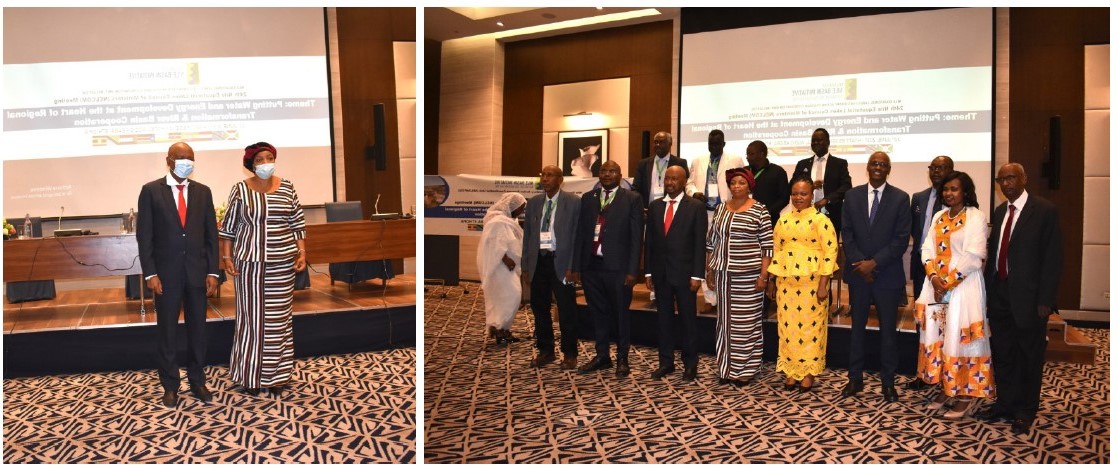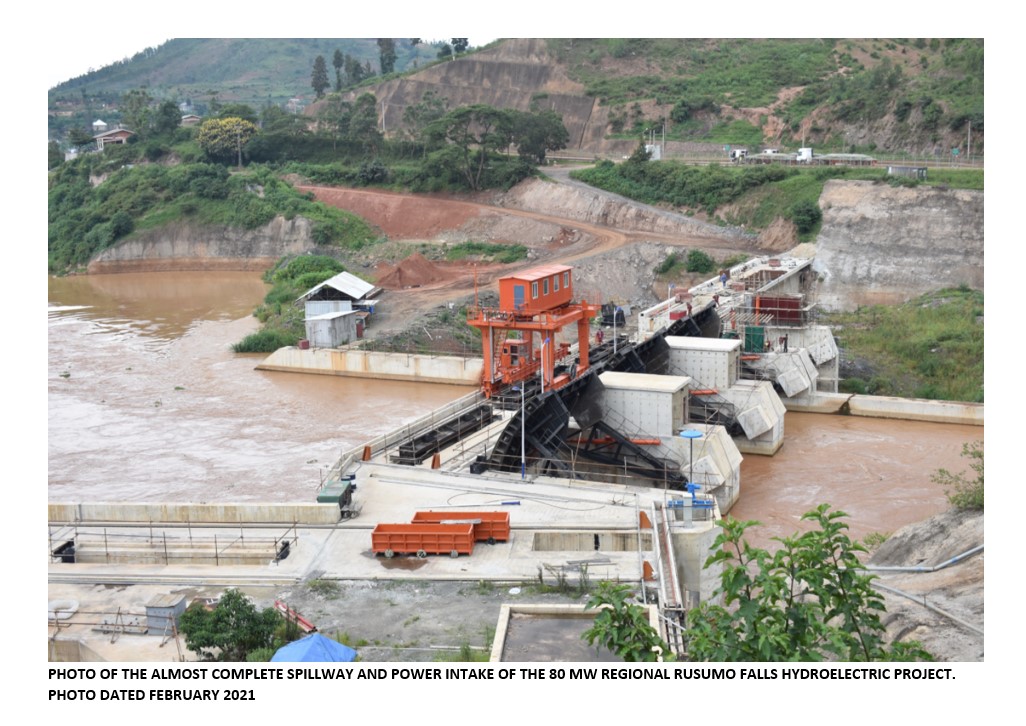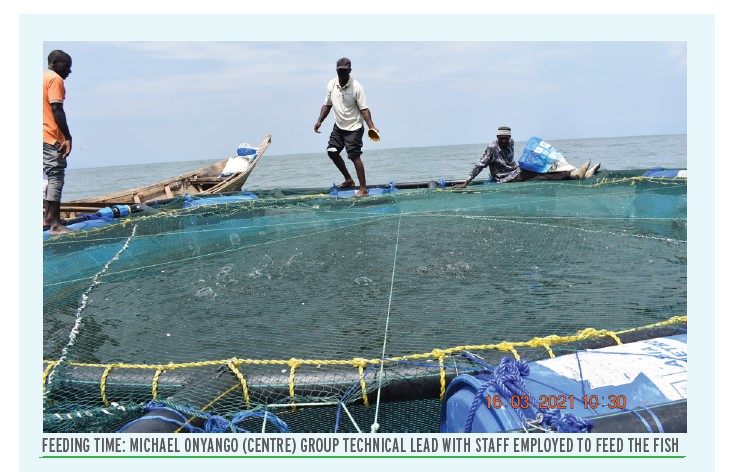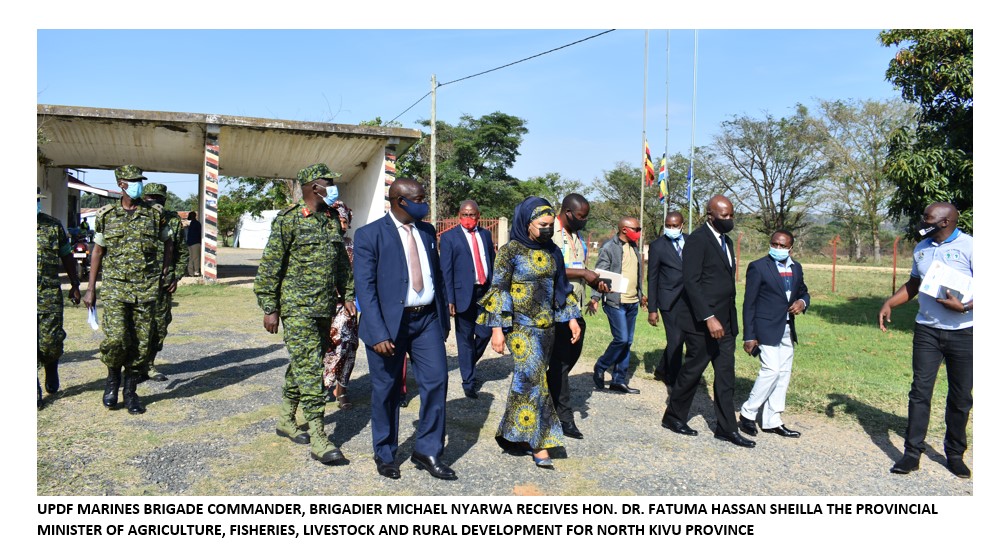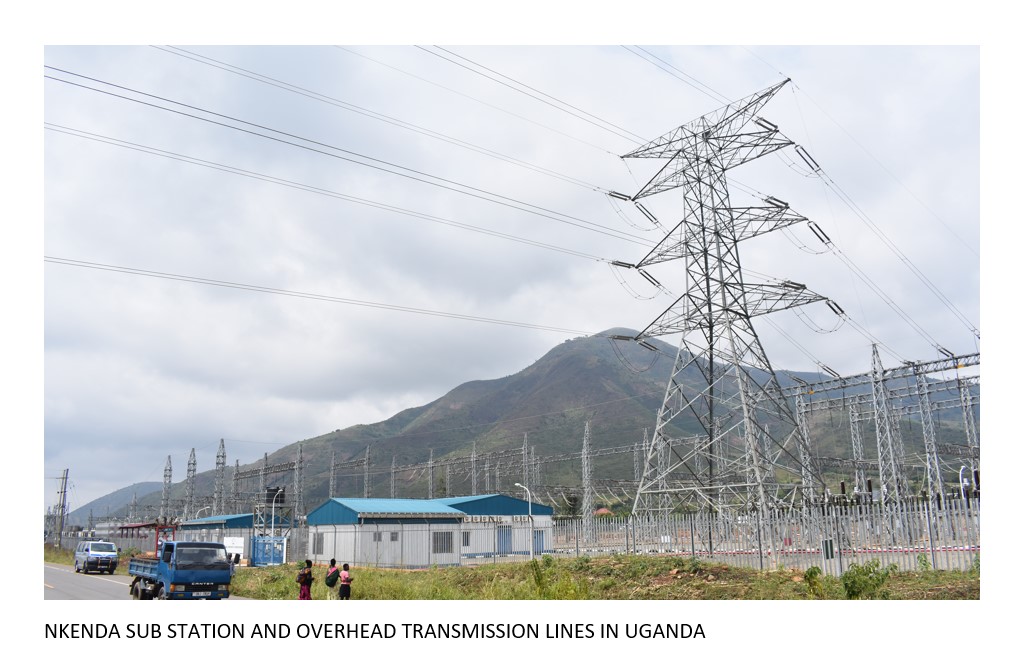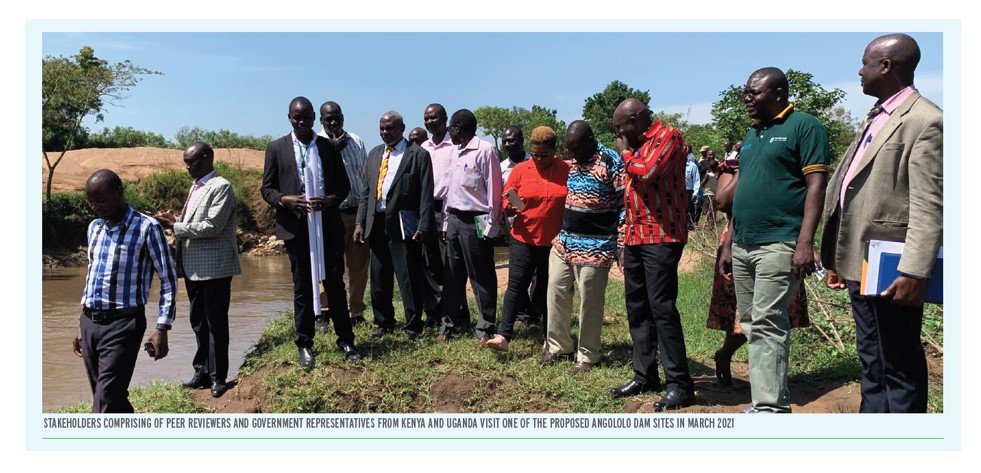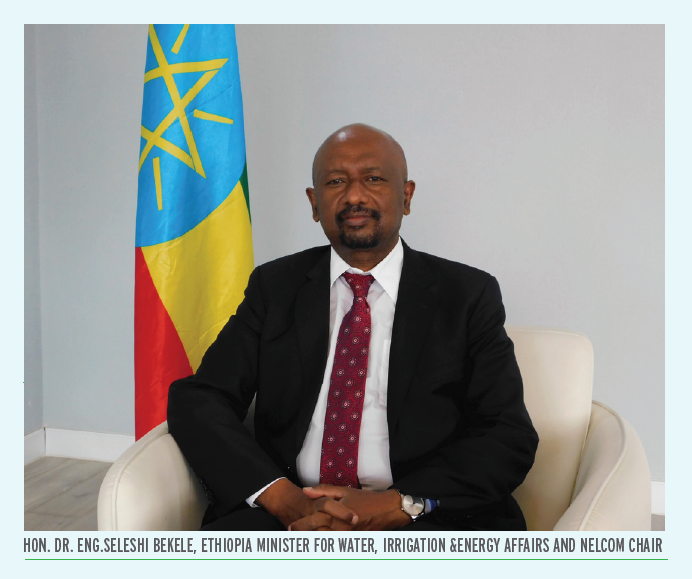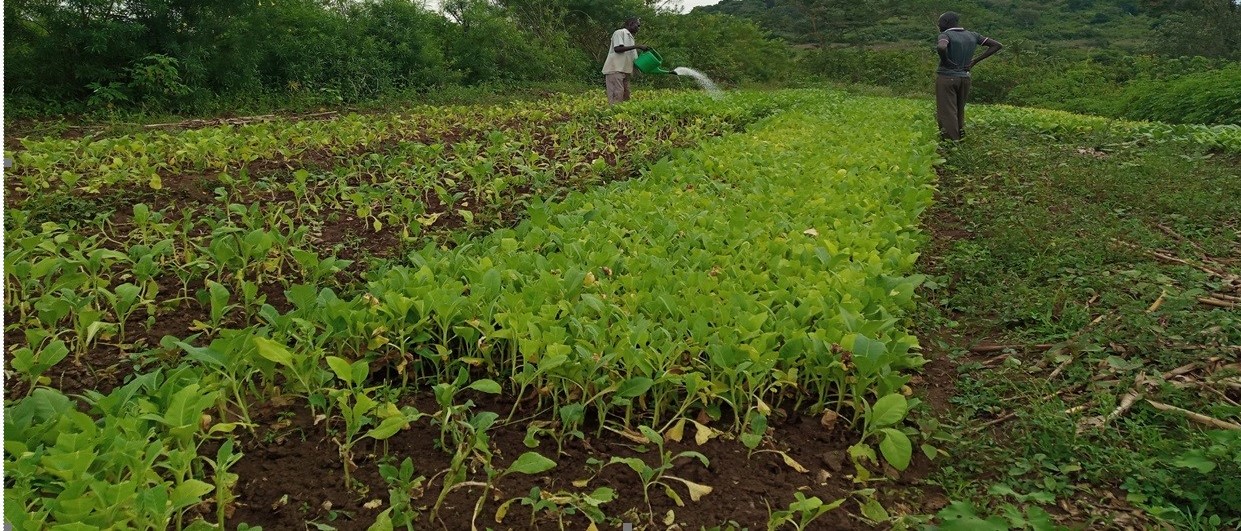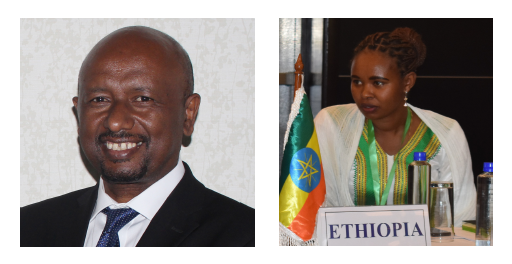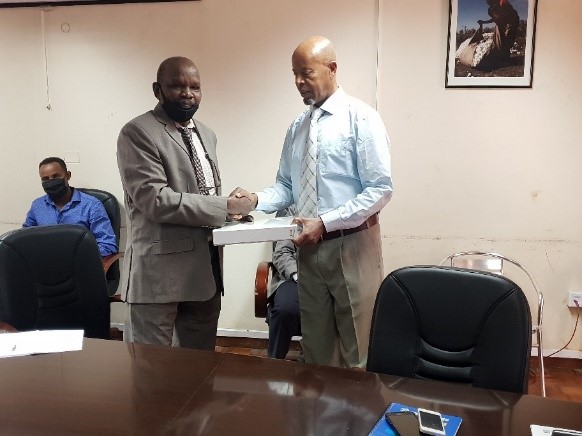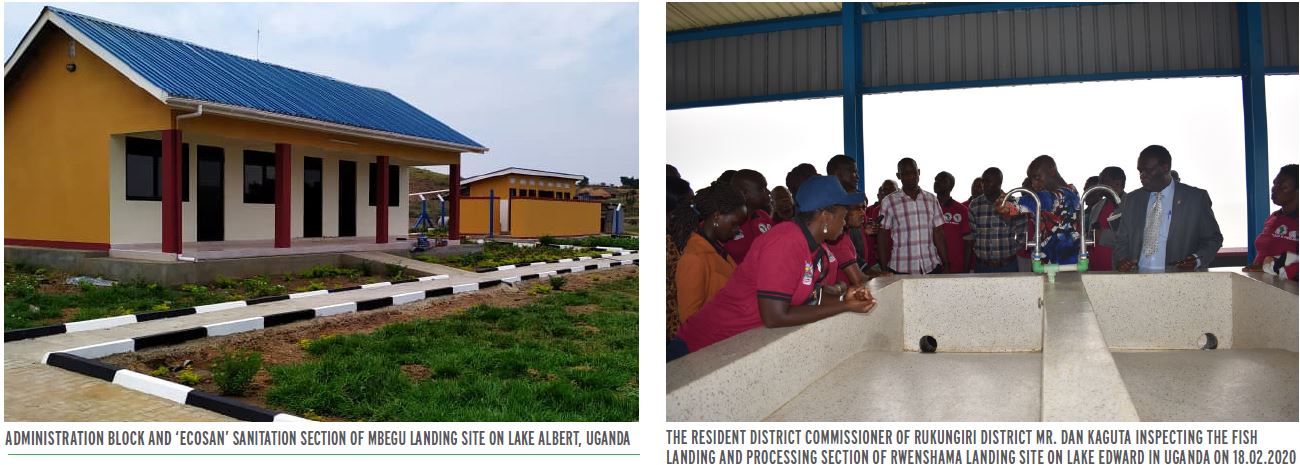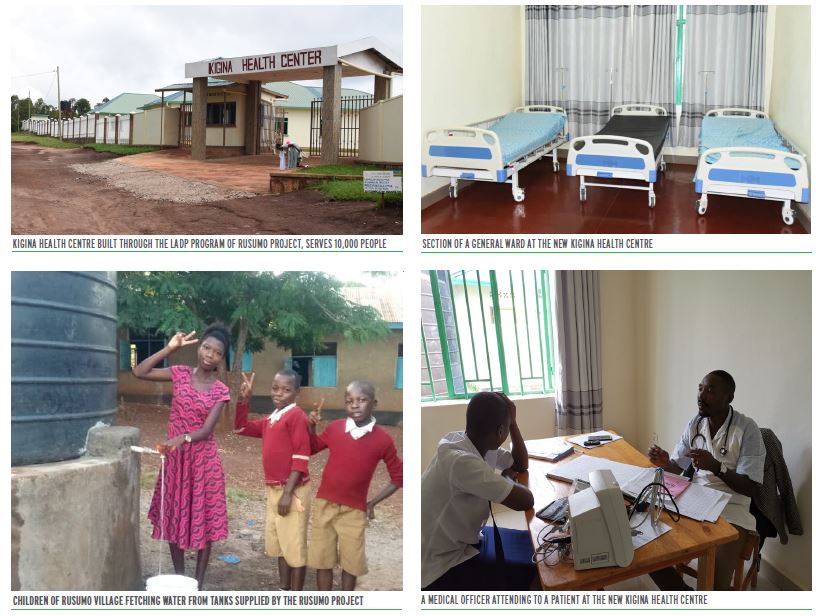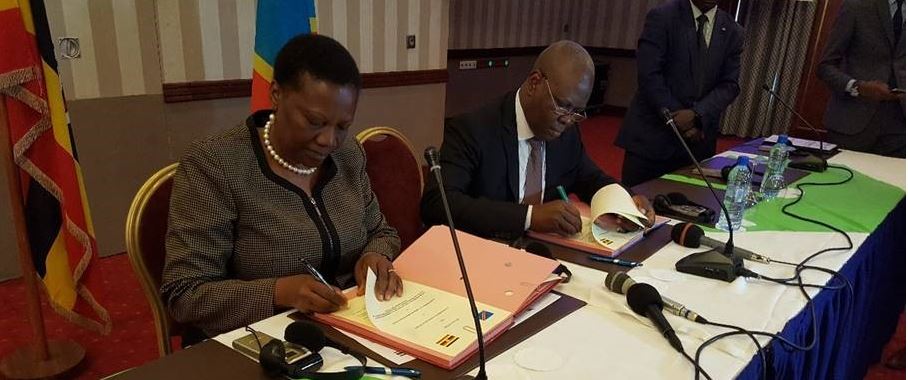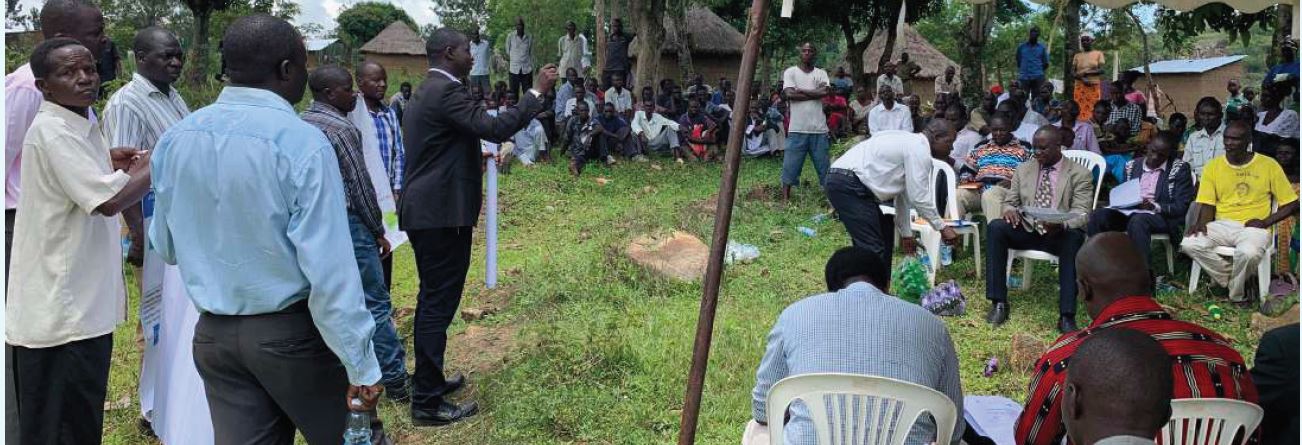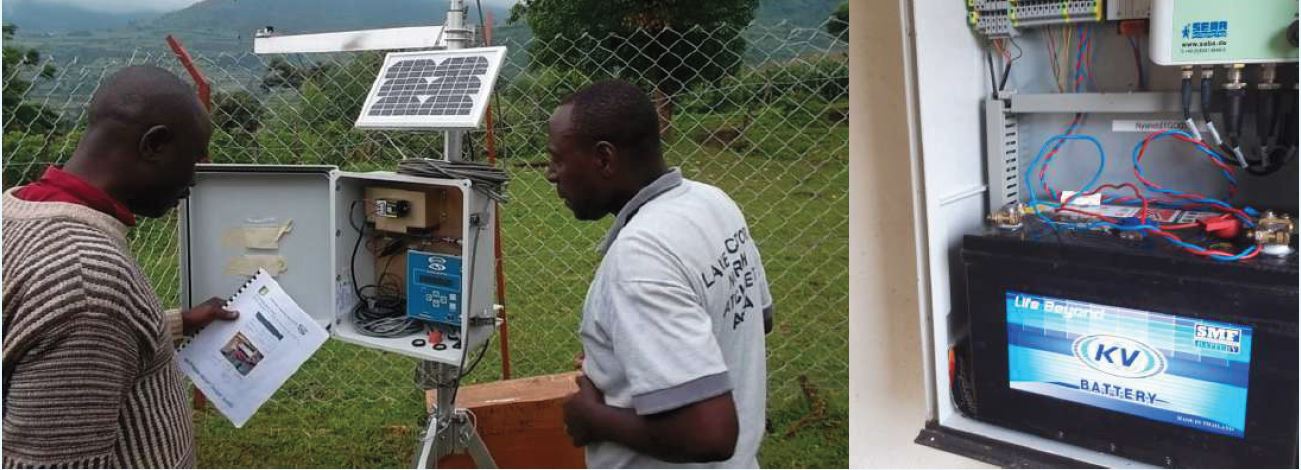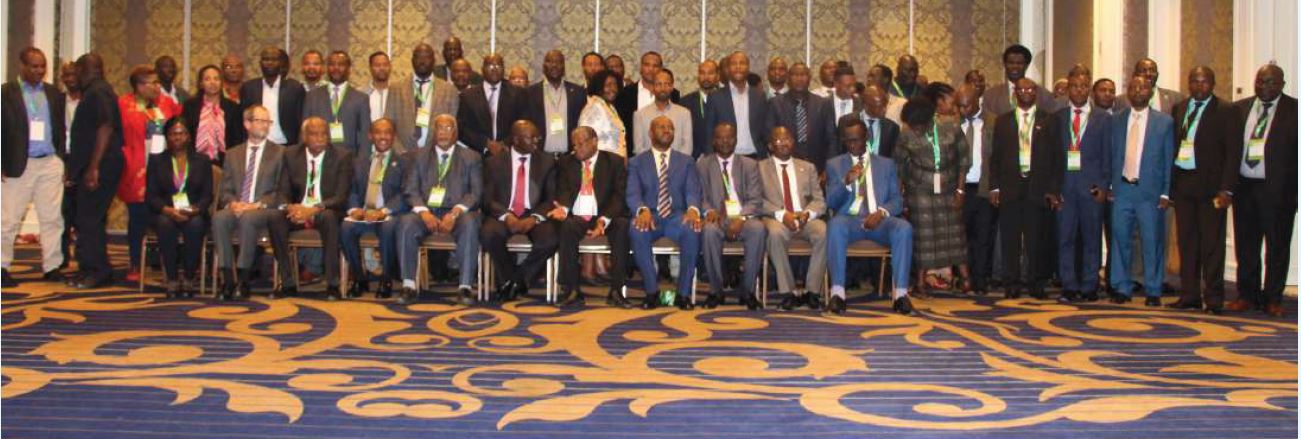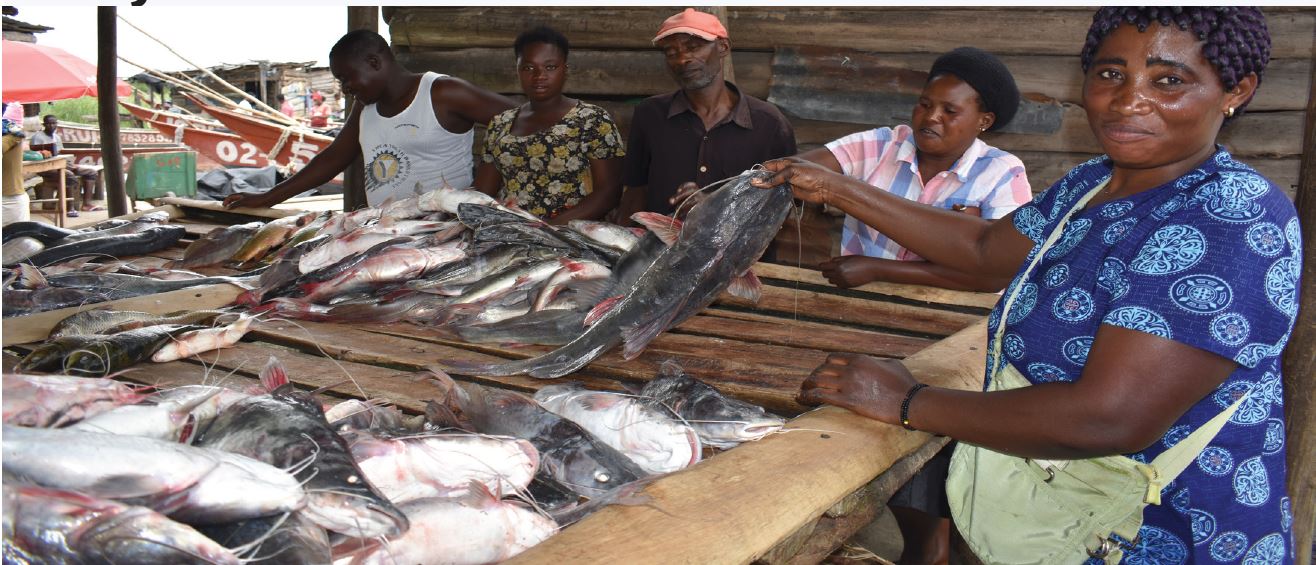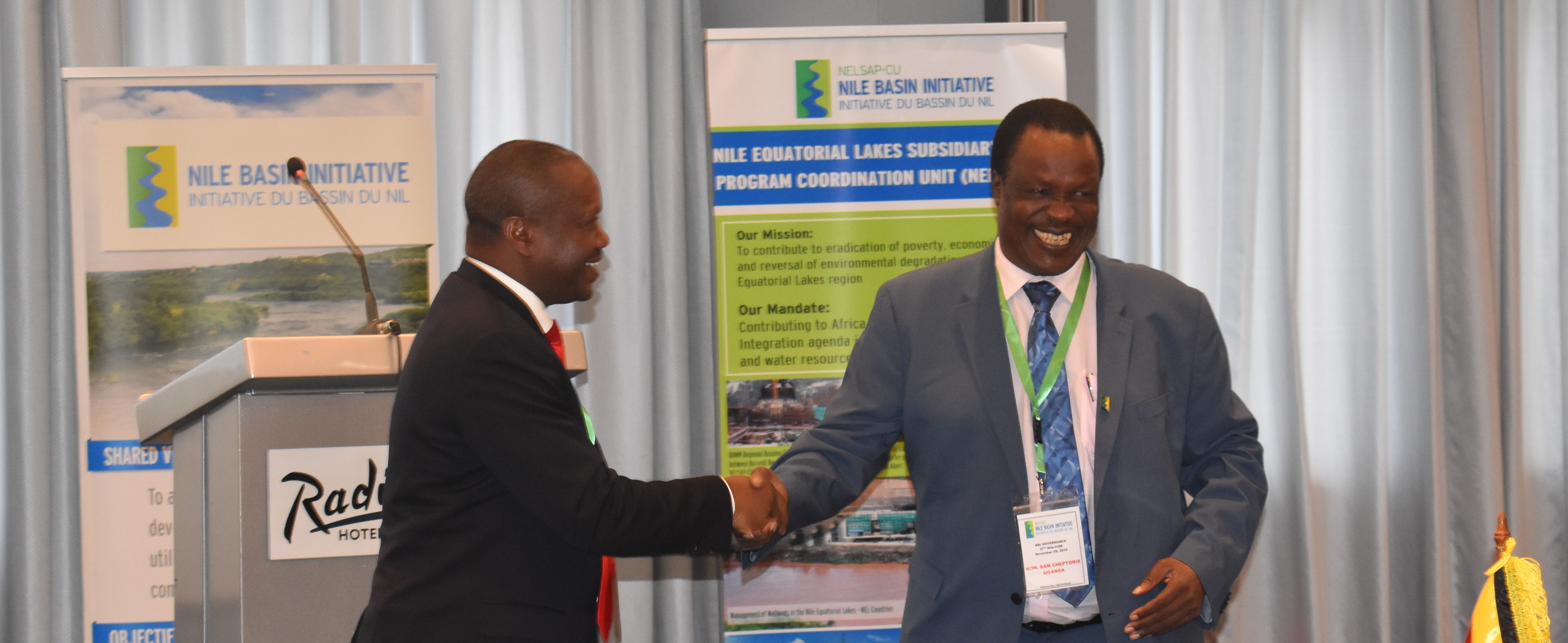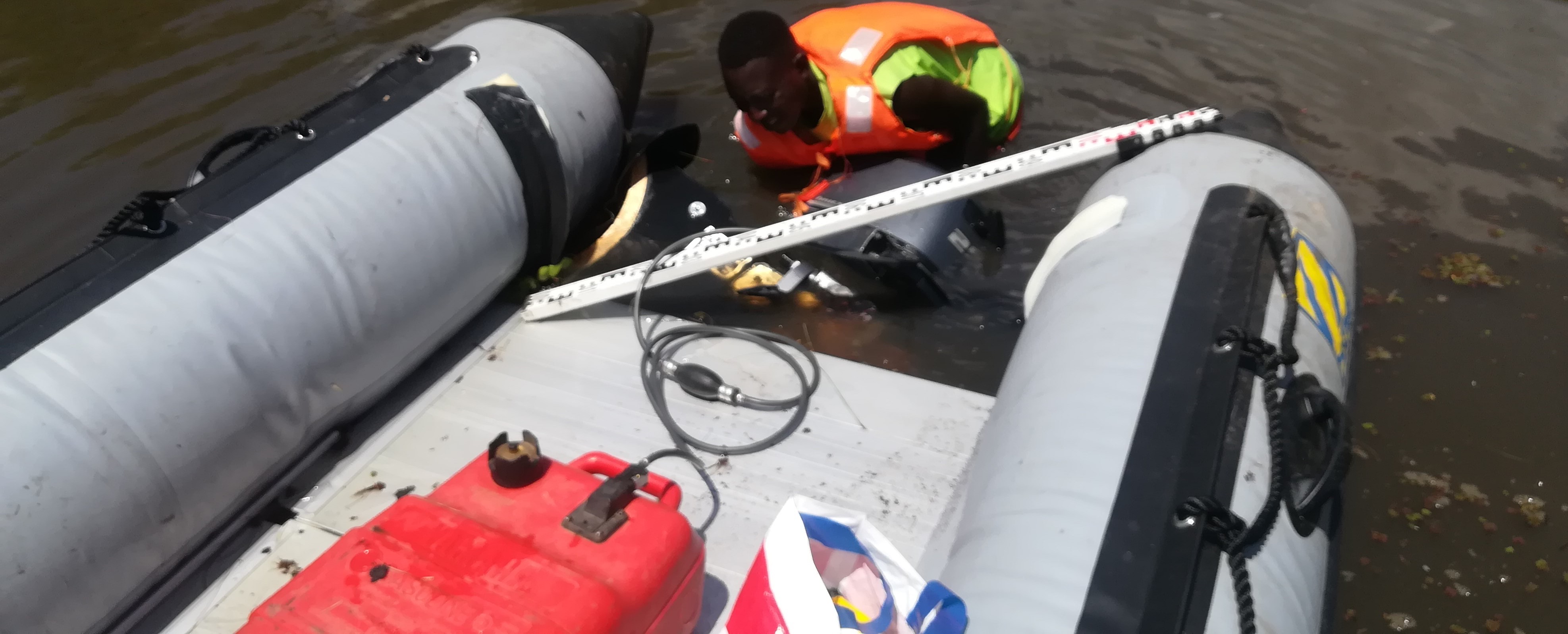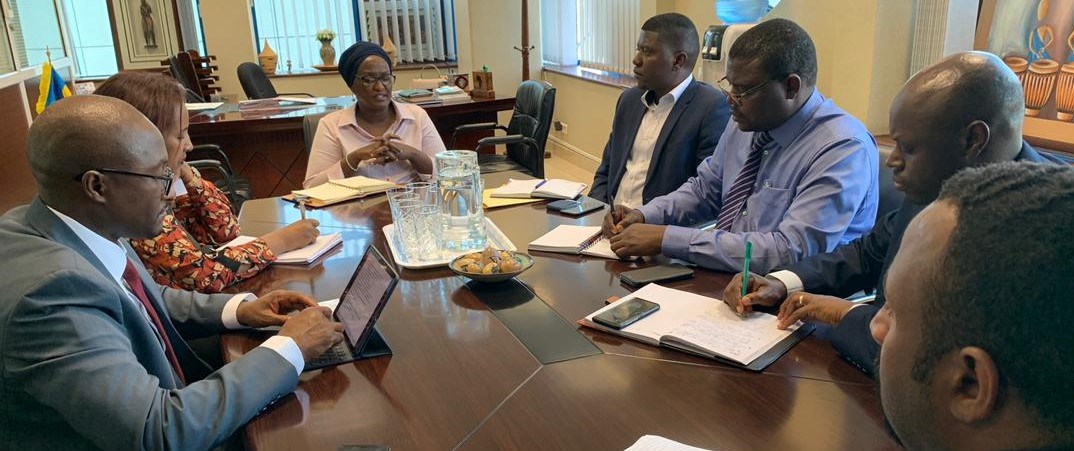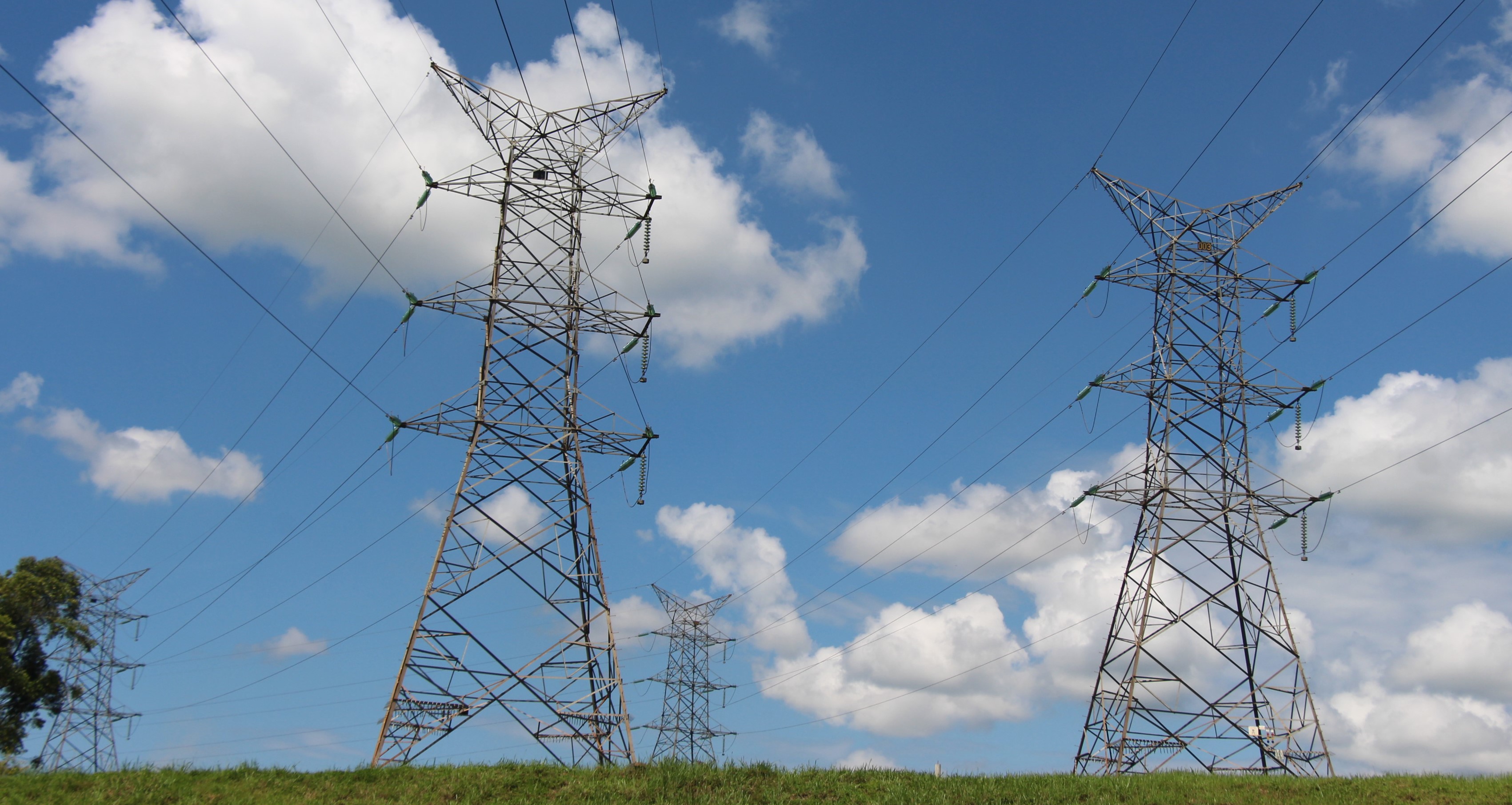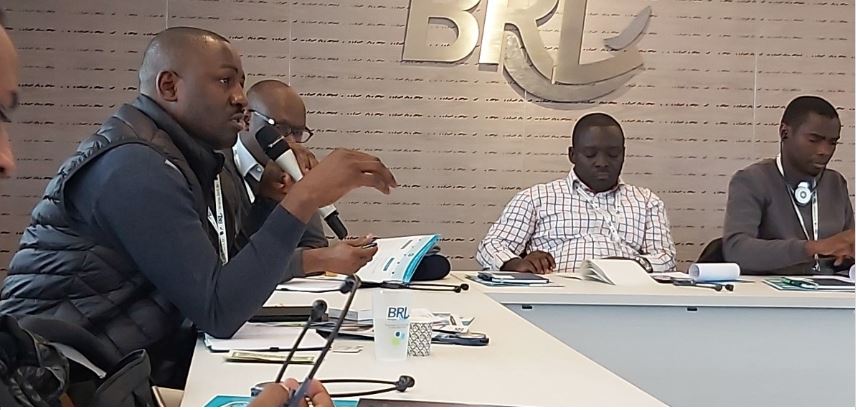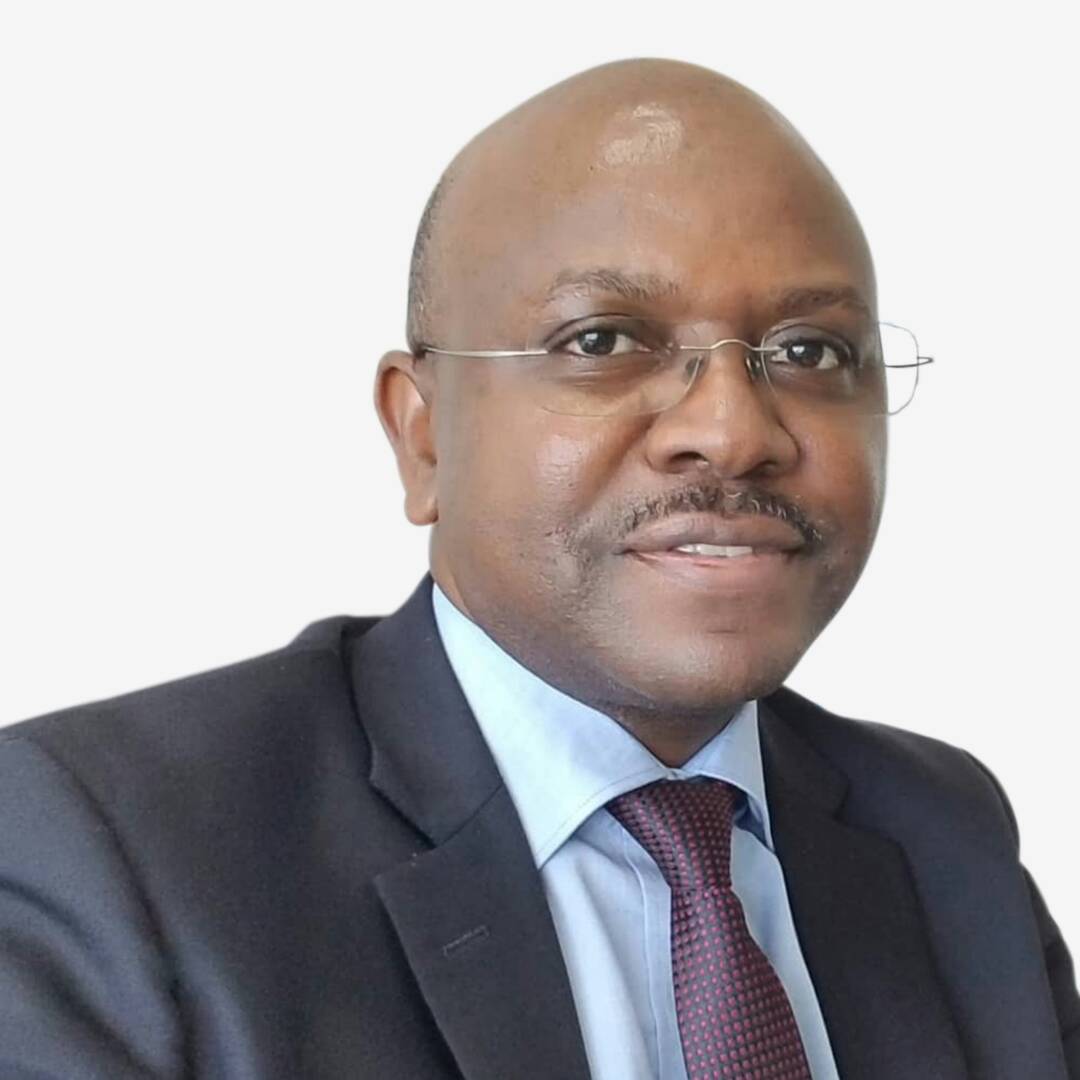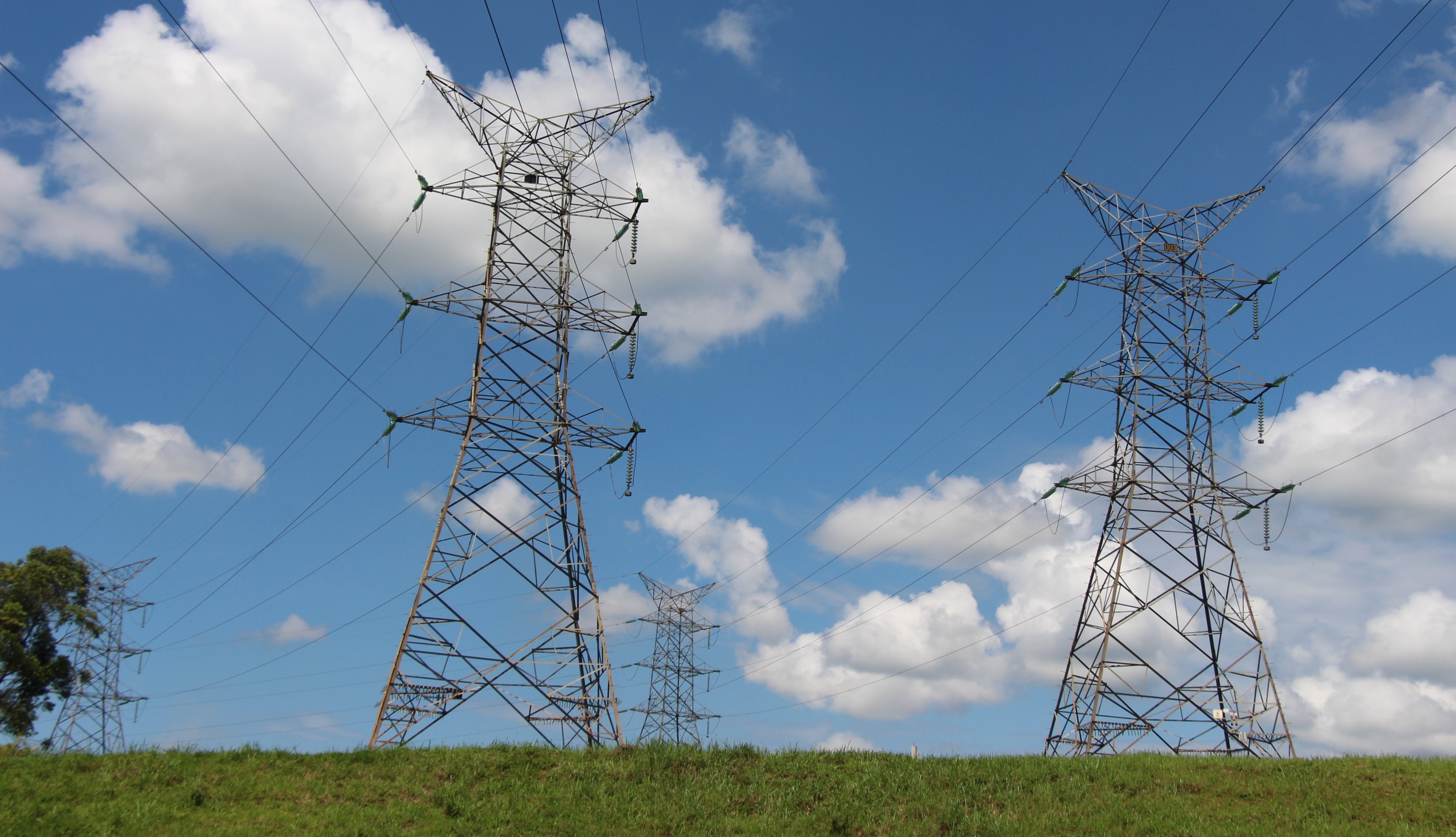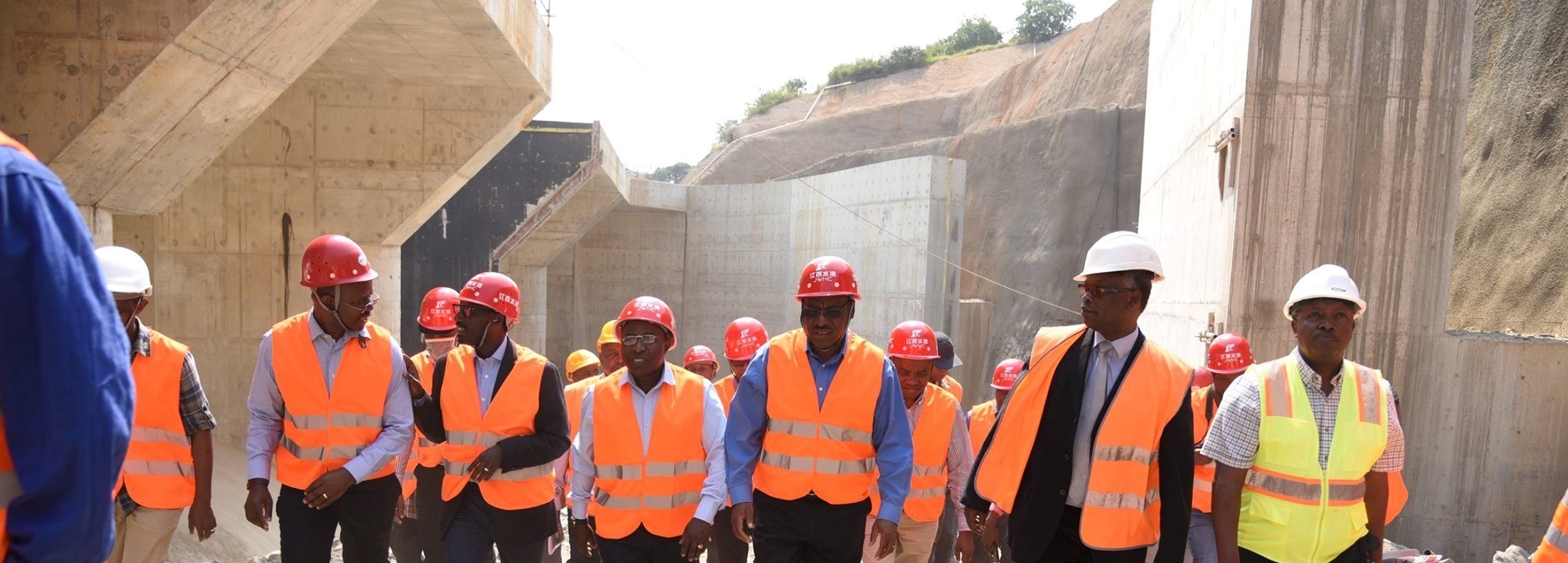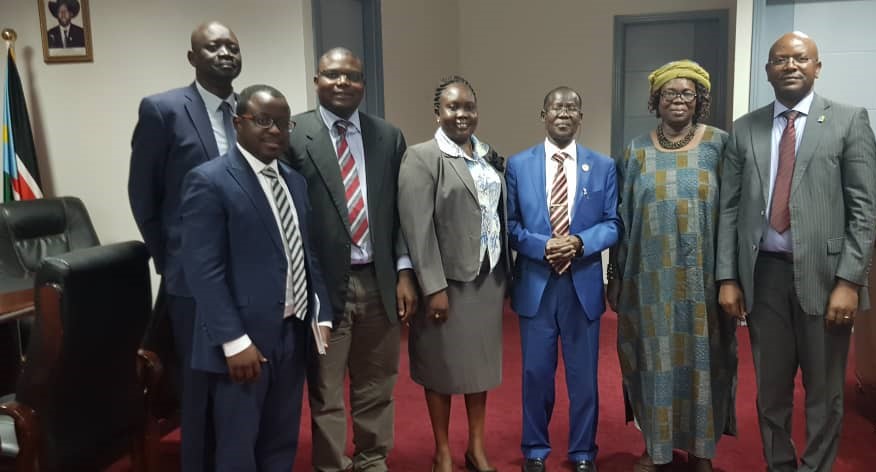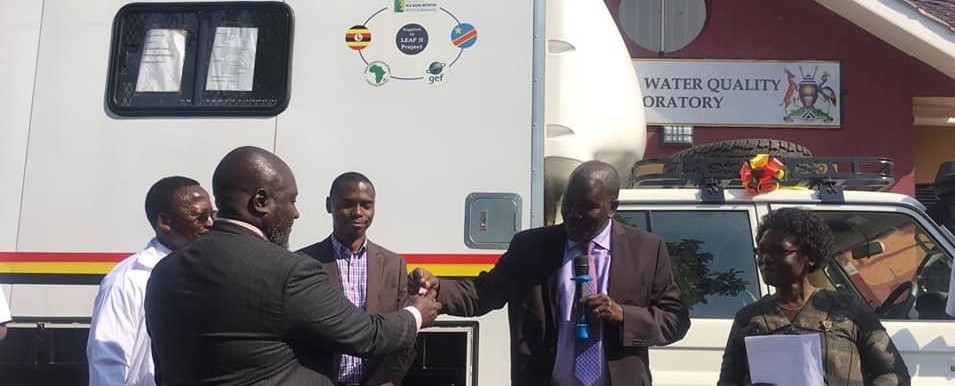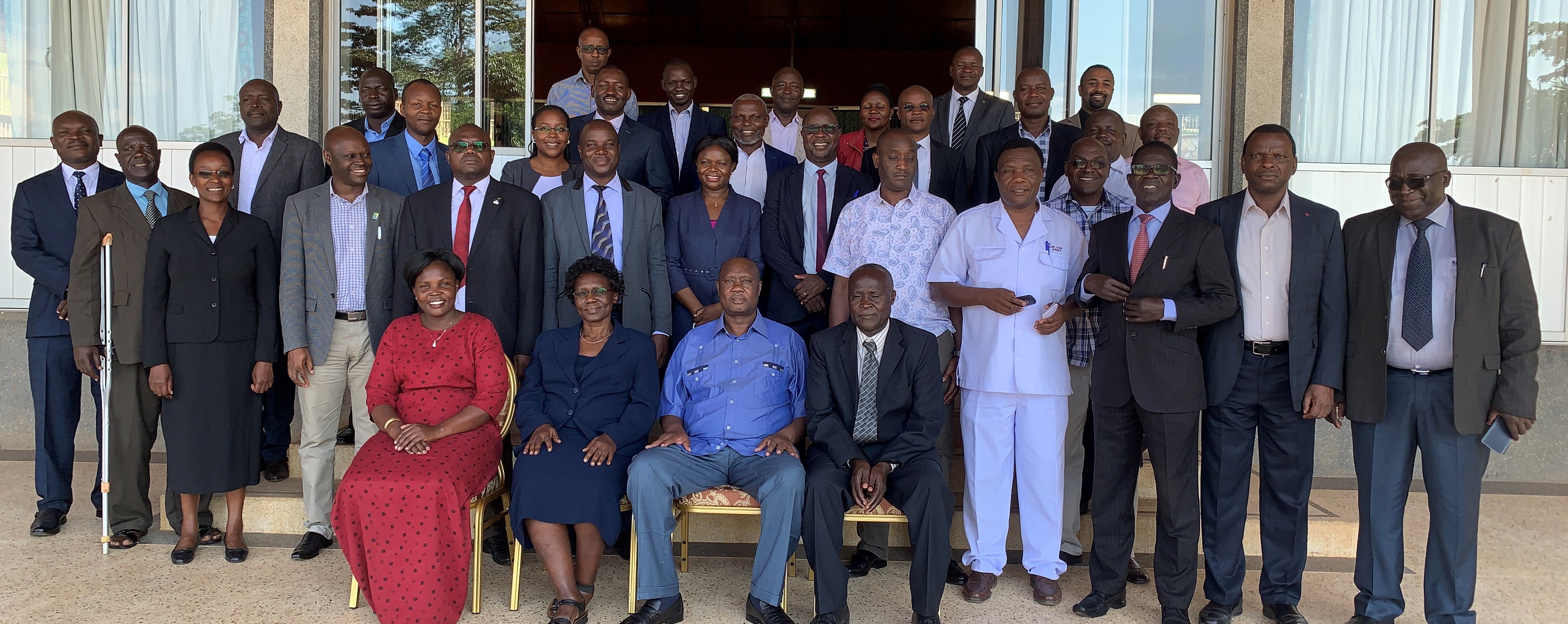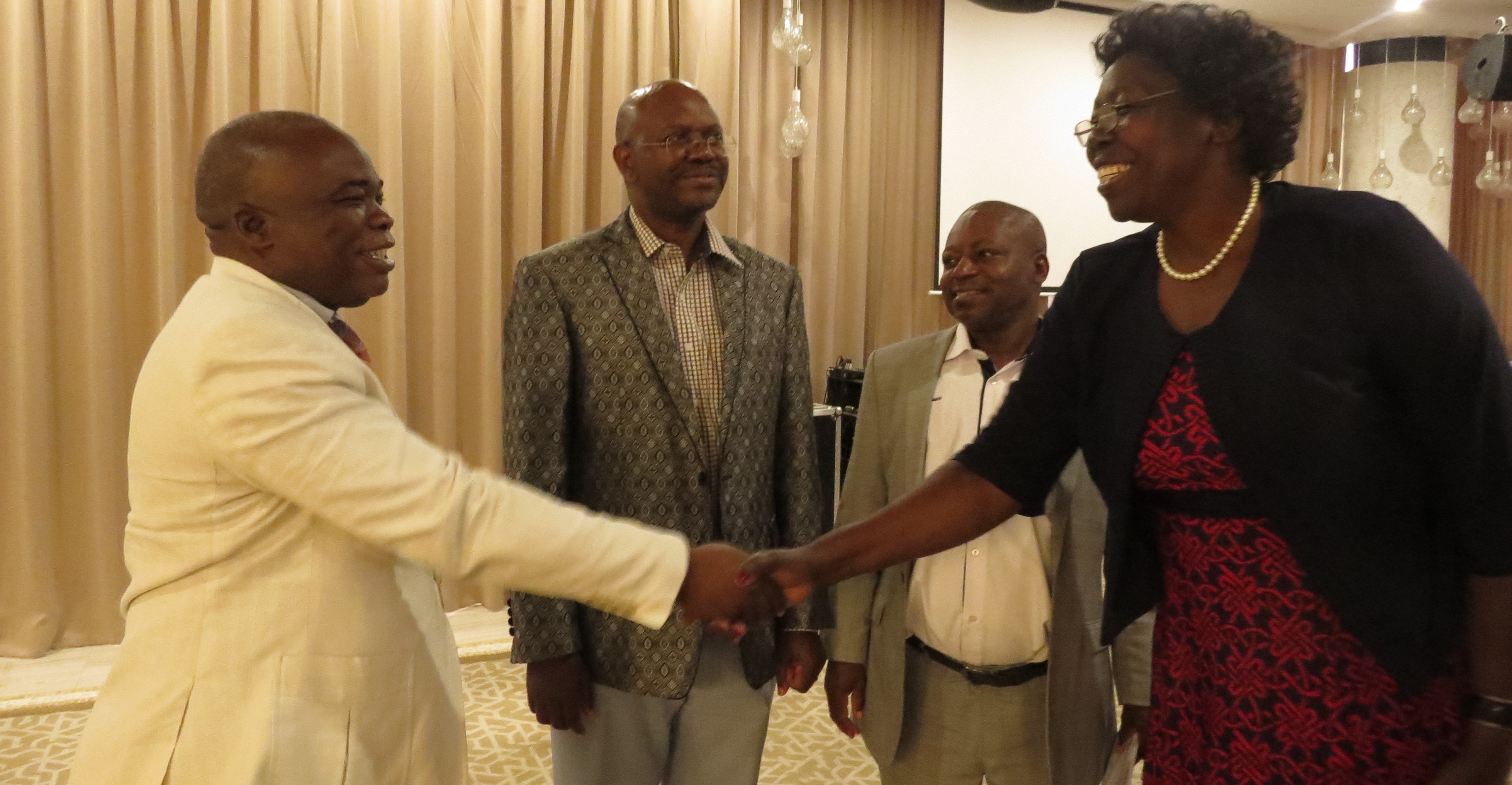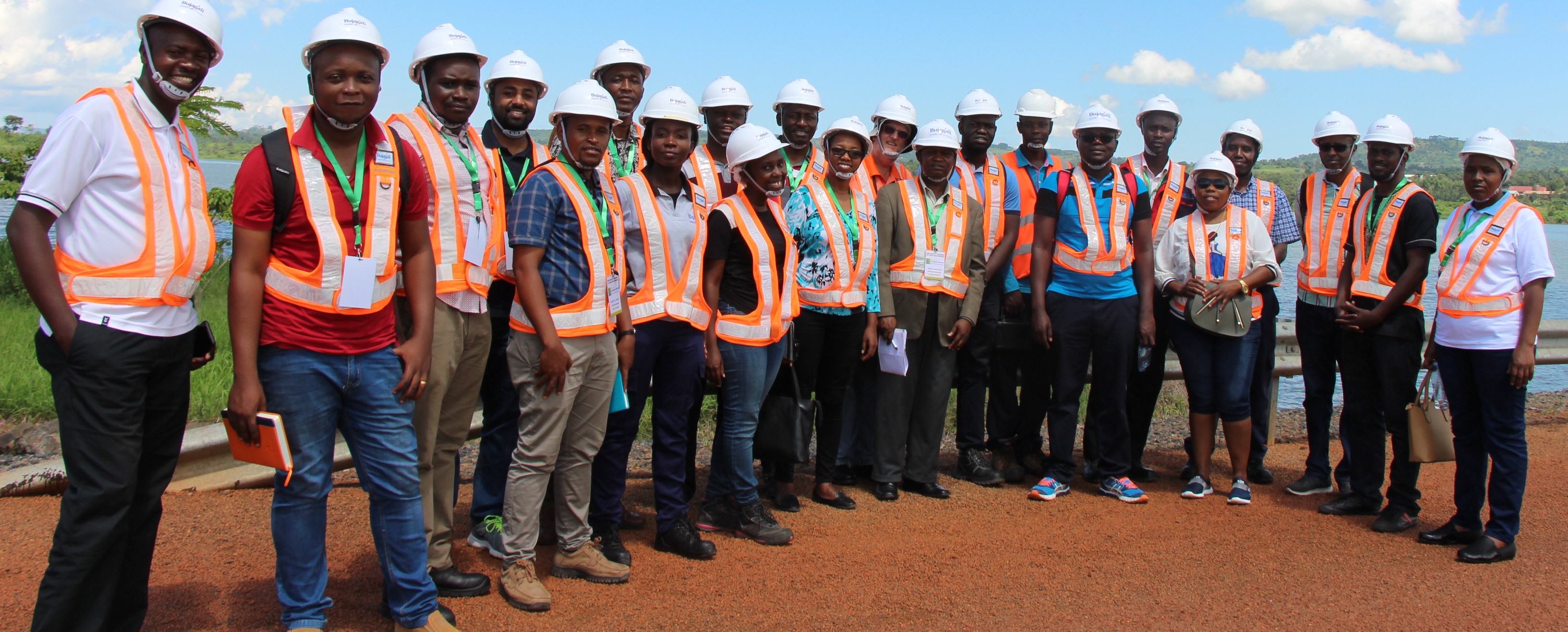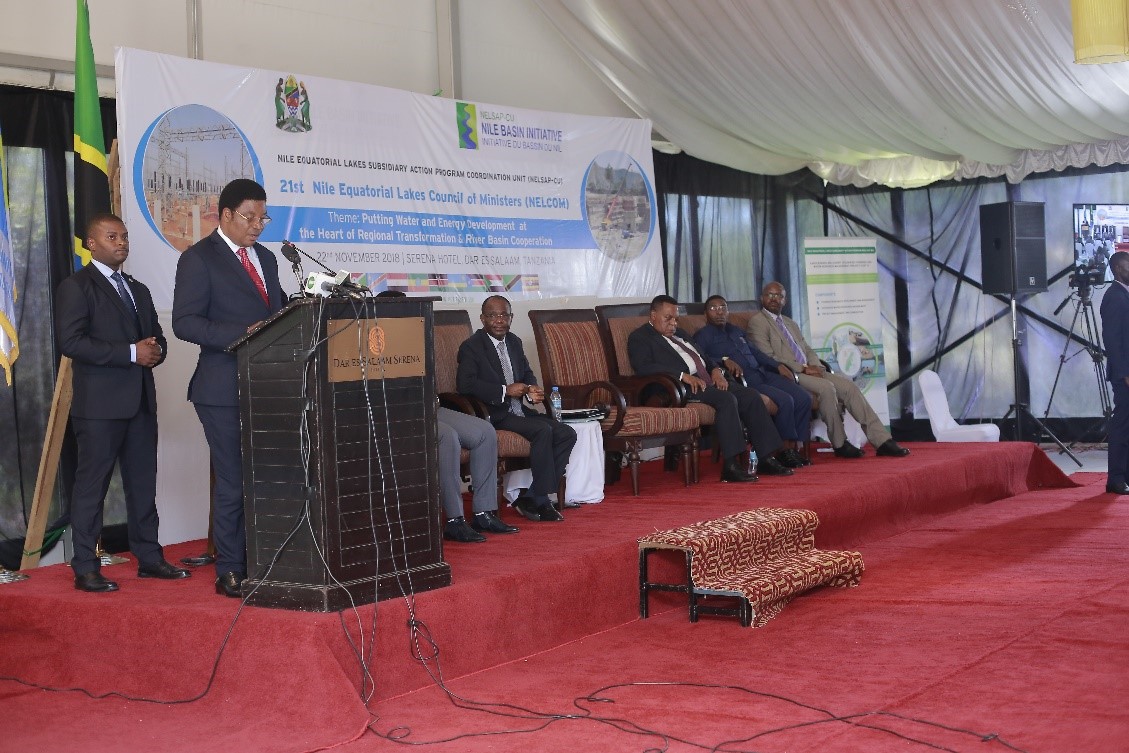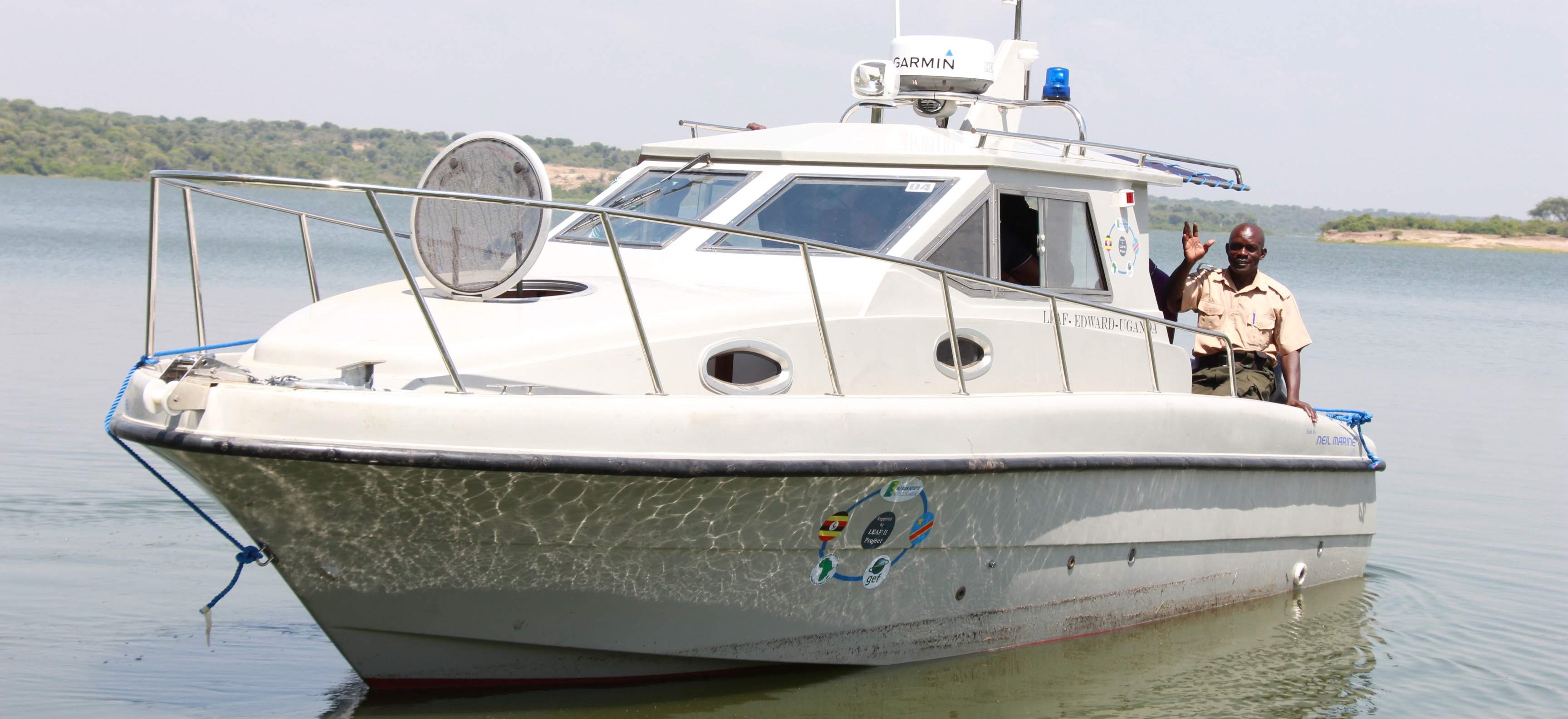It is early morning at Kirehe District of Rwanda at the Rusumo border between Rwanda and Tanzania. Karere Madina, a mother of five is attending to close to 1,000 layers chicken (exotic chicken kept for eggs). Madina is one of 53 people displaced by the Regional Rusumo Falls Hydroelectric Project (RRFHP) on the Rwanda side of the trans-boundary project. Madina and nine other people started this poultry project from the Livelihood Restoration Program (LRP) money that they received from NELSAP-CU.
“We benefitted a lot from this Rusumo project because as a result of the money we received, we started poultry farming and this has benefitted me and my family a lot,” says Karere Madina. “I am now able to give my children eggs to eat, I sell the eggs and get money to pay school fees, buy household items and improve my well-being,” she explains.
“My neighbours also benefit a lot from this poultry project because they get fertilizer from me to improve yield of their farms,” she adds. Madina is a widow, but because of her project, she is able to support herself and her children, two of whom are in secondary school while the others are still in primary level. She explains that her old home in Rusumo, was very near the project area and that before the project started, the District and NELSAP-CU informed them that due to the proposed project, they would be relocated after receiving compensation. Madina was resettled at Kiyanzi, a small shopping centre that is a few kilometers from Rusumo border. When asked what she thinks of the Regional project, Madina says she believes it is a very good project since it will increase electricity production in her country and increase employment. She doesn’t see any negative side of the project because all of them were given money through their bank accounts and were given free hand to choose a project of their desire as long as it would improve their livelihoods. She says they were trained on various income generating ventures and then advised to form groups and start joint projects if they so wished. “We are happy and we thank NELSAP and our District for being close to us and our projects and for their support since we were settled at Kiyanzi,” Madina says.
Karimunda Nasoro is another beneficiary of the Livelihood Restoration Program (LRP) money. He is a father of six and has invested in dairy farming. Together with ten others, they have a large cow shed with over 30 improved dairy cattle. The shed is jointly managed by the group, but individuals tend to their own respective cows and provide feed and supplements to them. Karimunda says that he has benefited from trainings by NELSAP-CU on how to run their dairy project and specific trainings on how to take care of cows in a manner that will result to optimum milk production and good health. “As a result of the trainings by NELSAP-CU, we get enough milk for our families and even for sale at the local market,” says Karimunda. Asked what he expects from the Rusumo project, Mr. Karimunda says he hopes the project will create jobs for his community and also connect electricity to their homes. By end of February 2017, NELSAP had compensated Project Affected Persons (PAPS) totaling to 53 households and one commercial group in Rwanda and 135 households and three cooperatives in Ngara District of Tanzania. NELSAP has paid USD 3.1 million to People Affected by Project (PAPs) in Rwanda and Tanzania and is implementing Local Area Development Projects to the tune of USD 15.5 million. In terms of employment, the Rusumo project has 231 employees from Rwanda, 254 employees from Tanzania and 81 employees from Burundi.
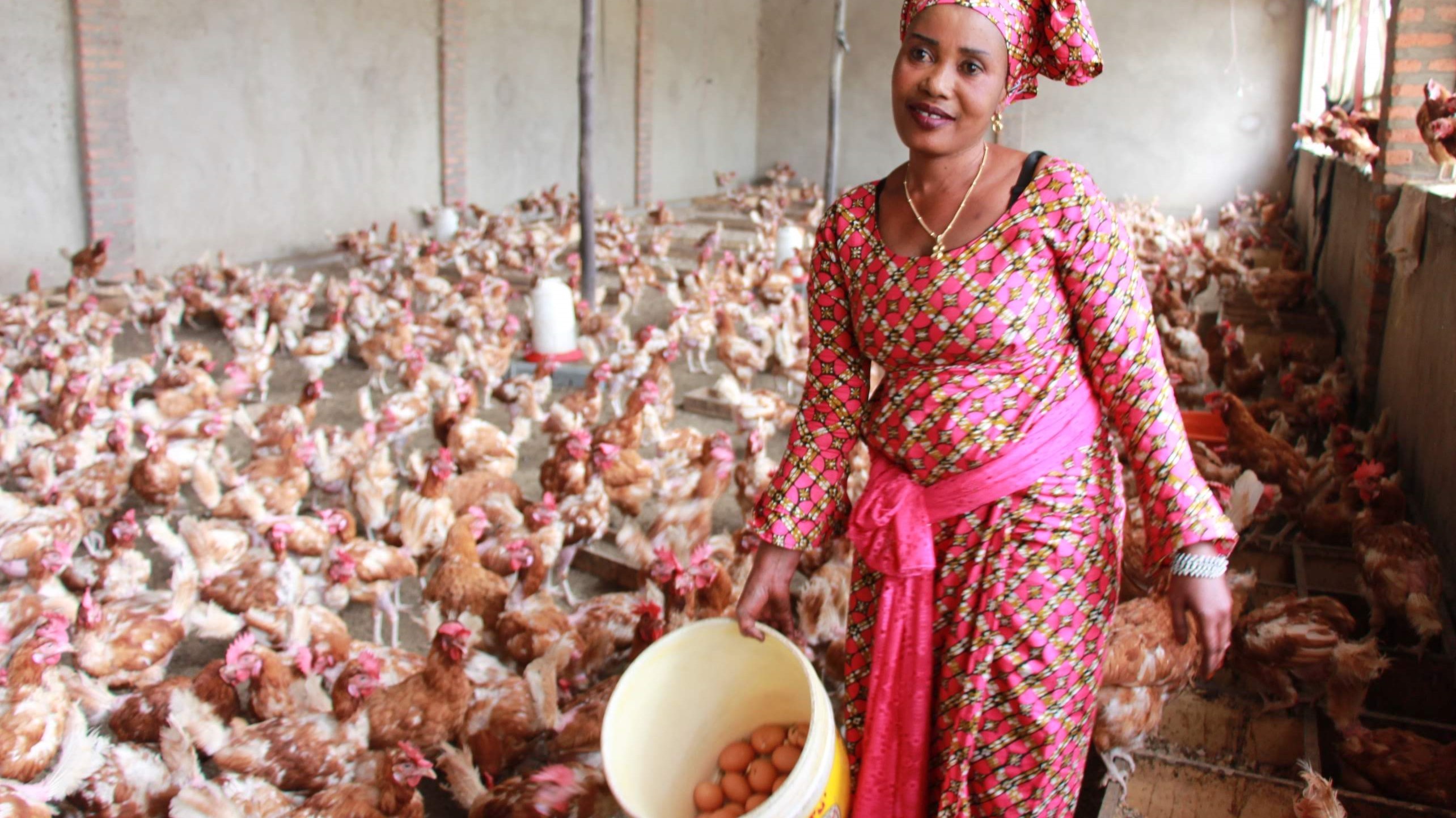
Madina inside her poultry house

